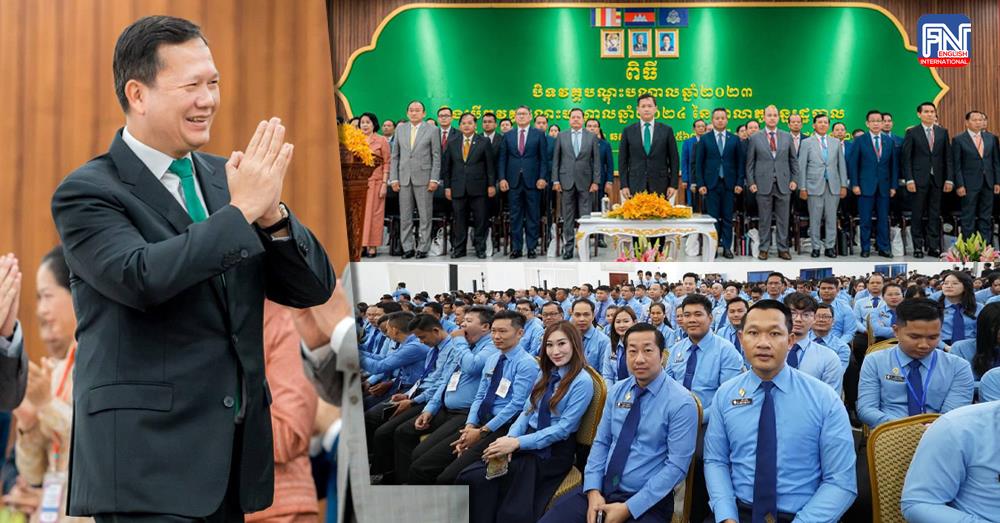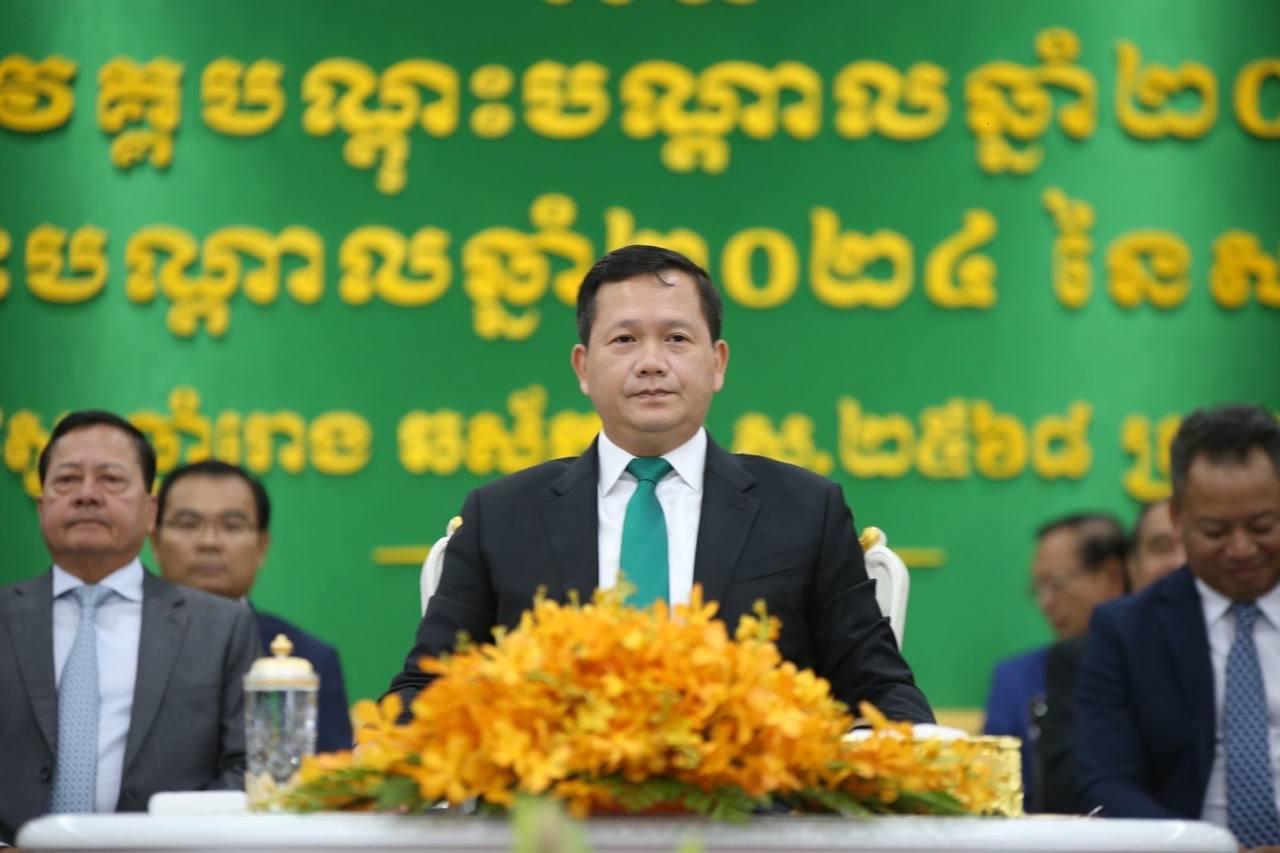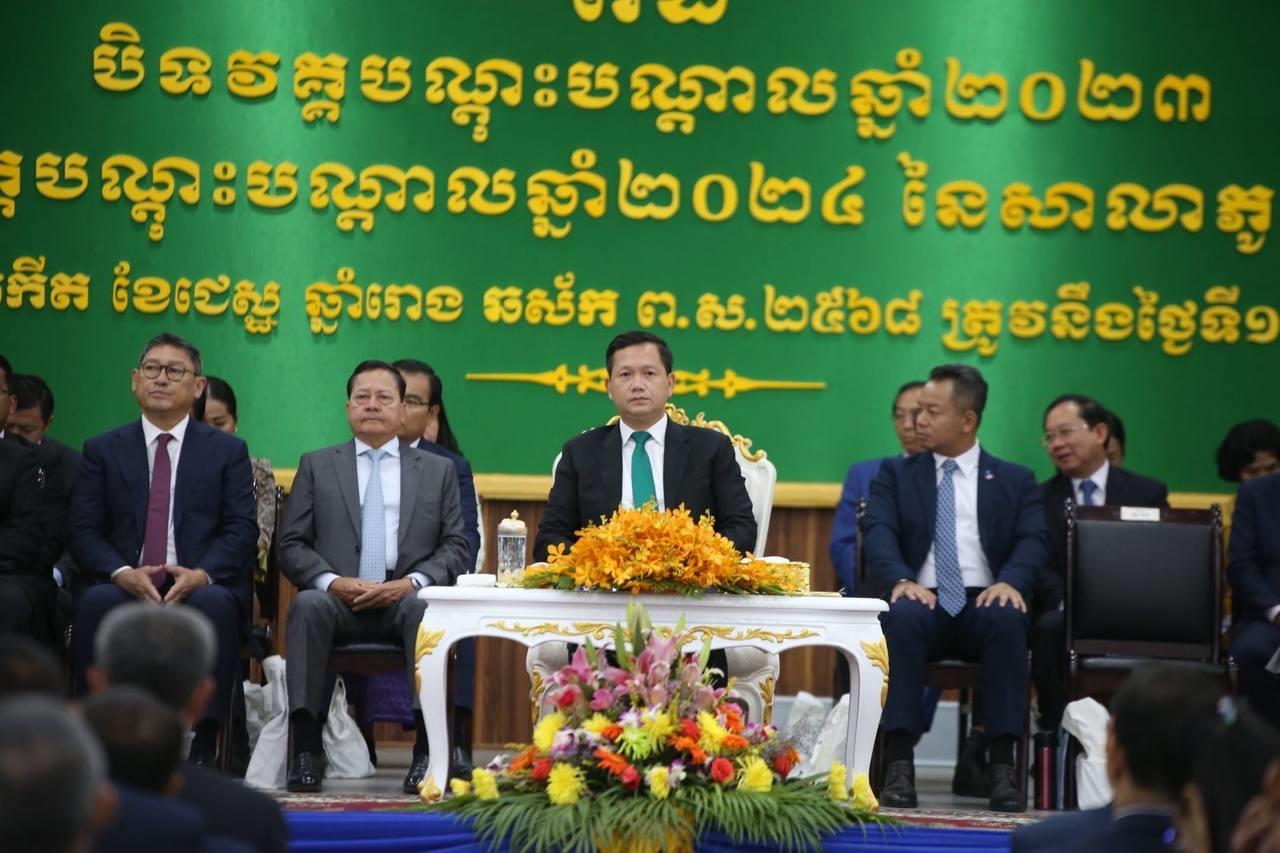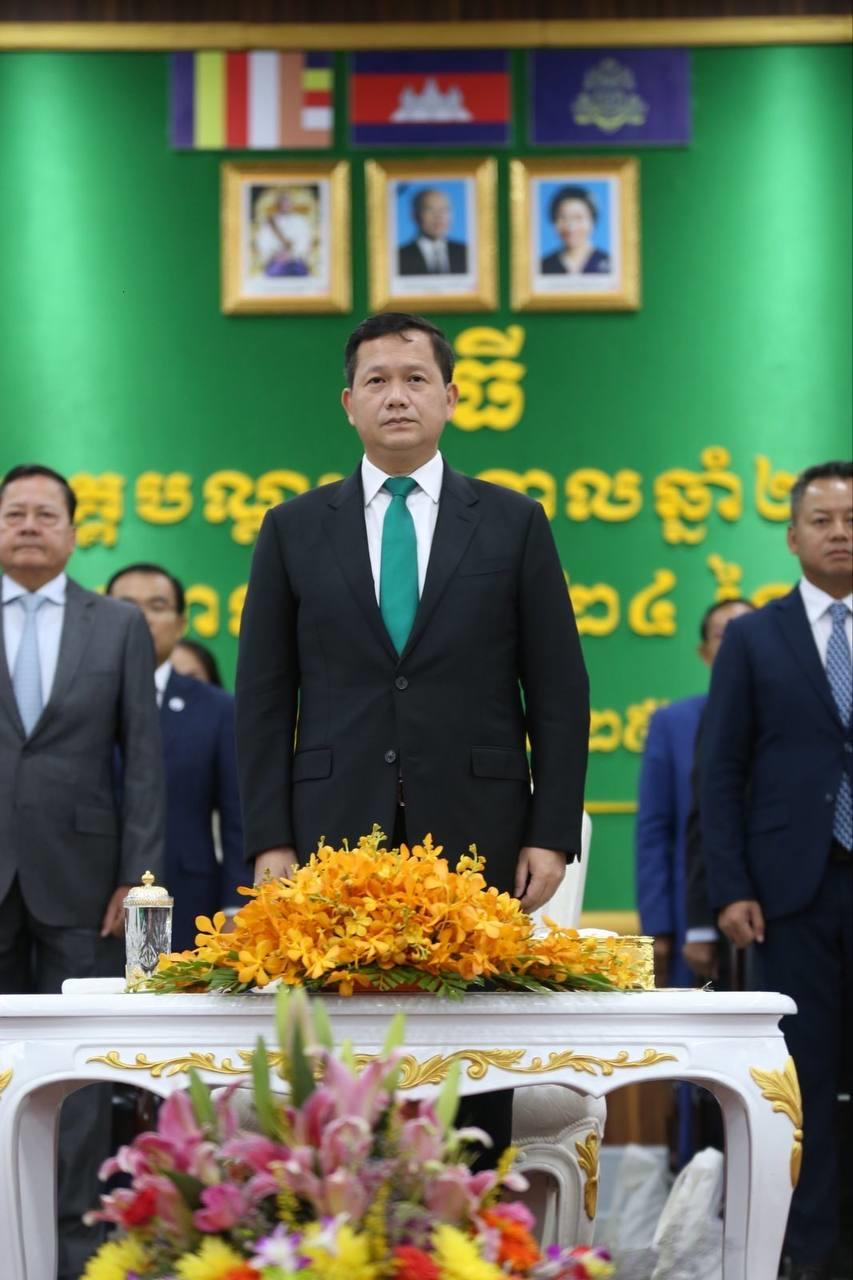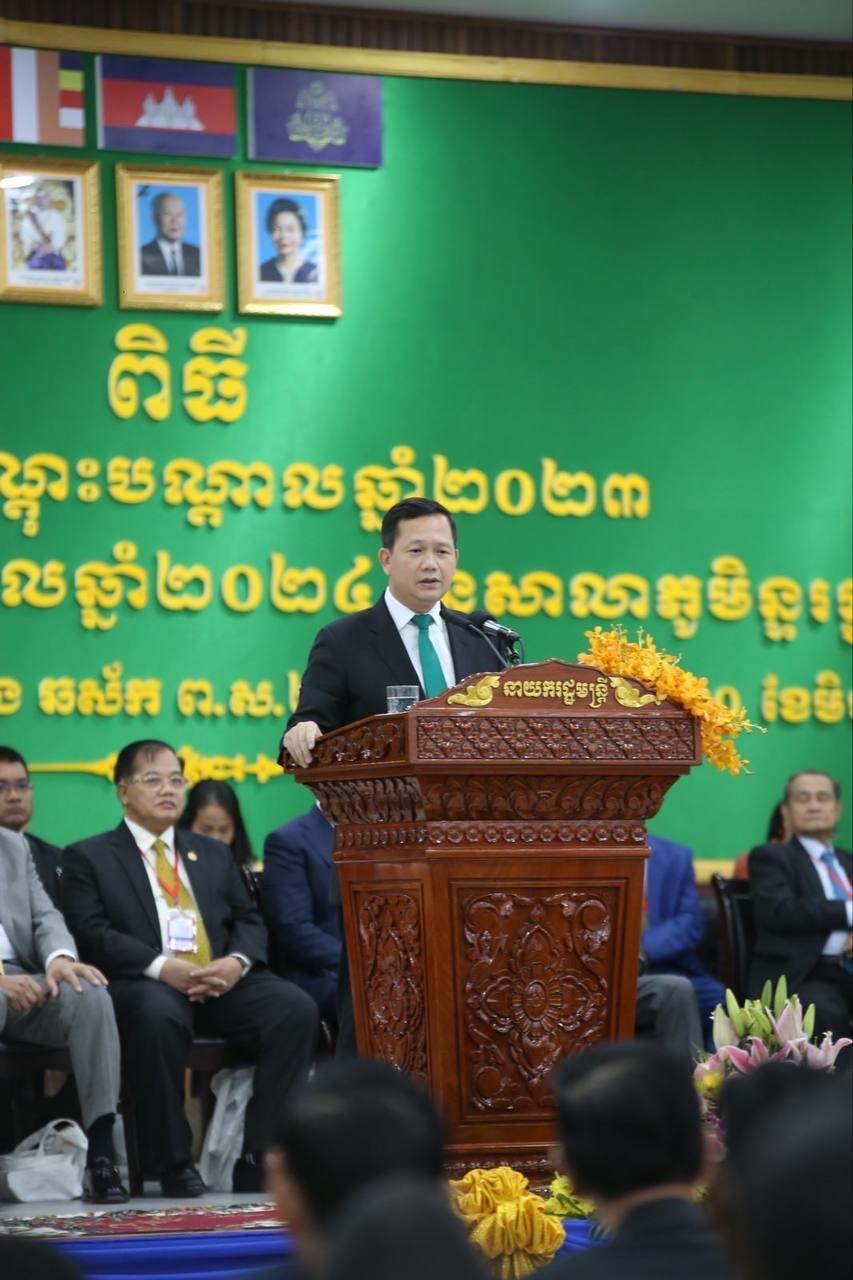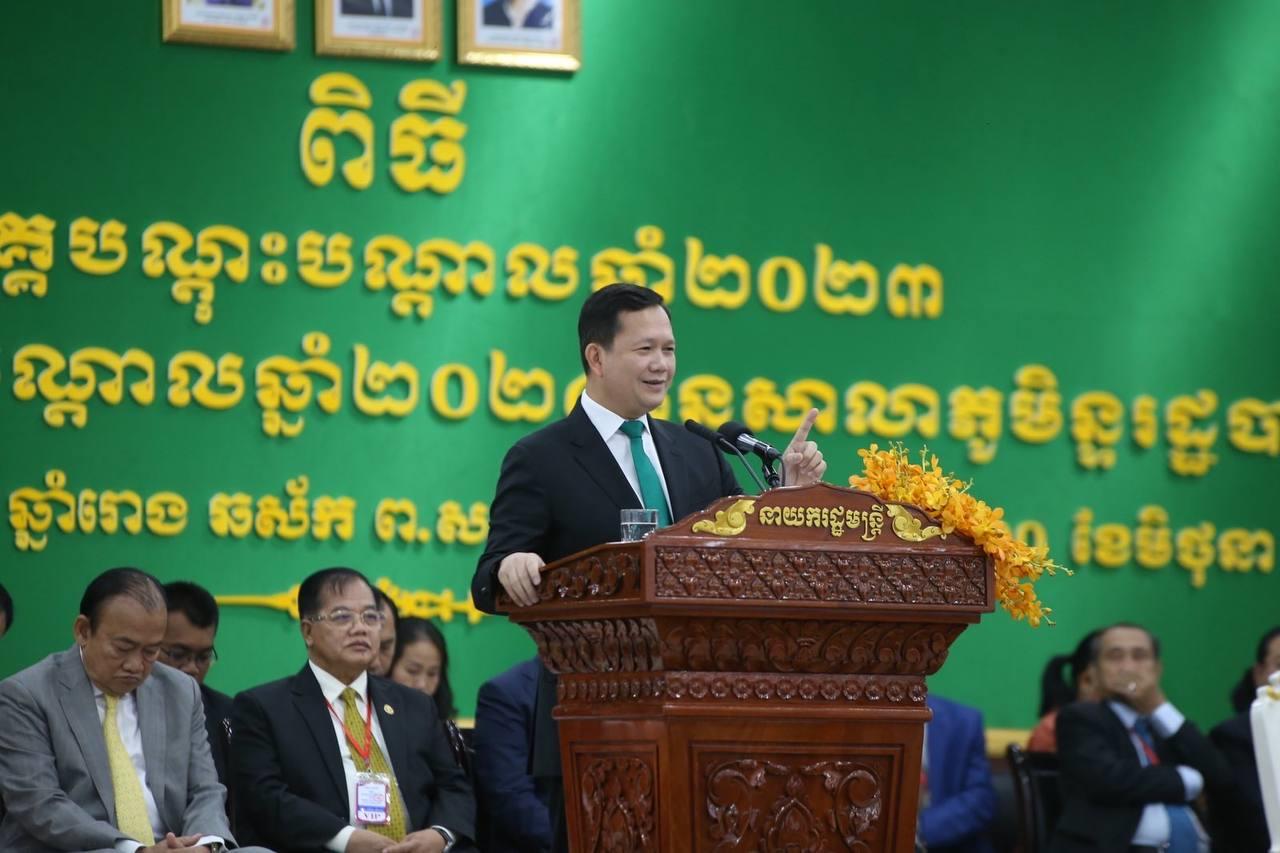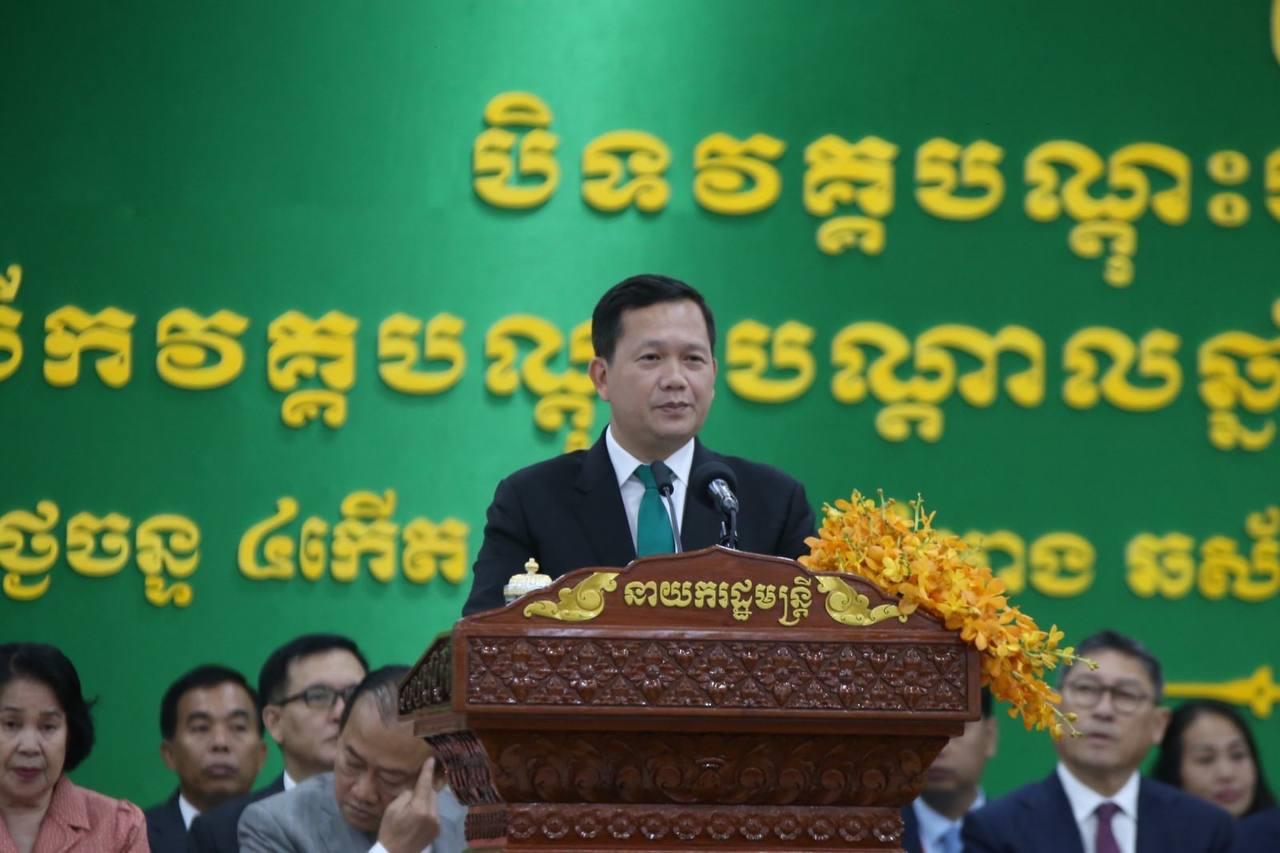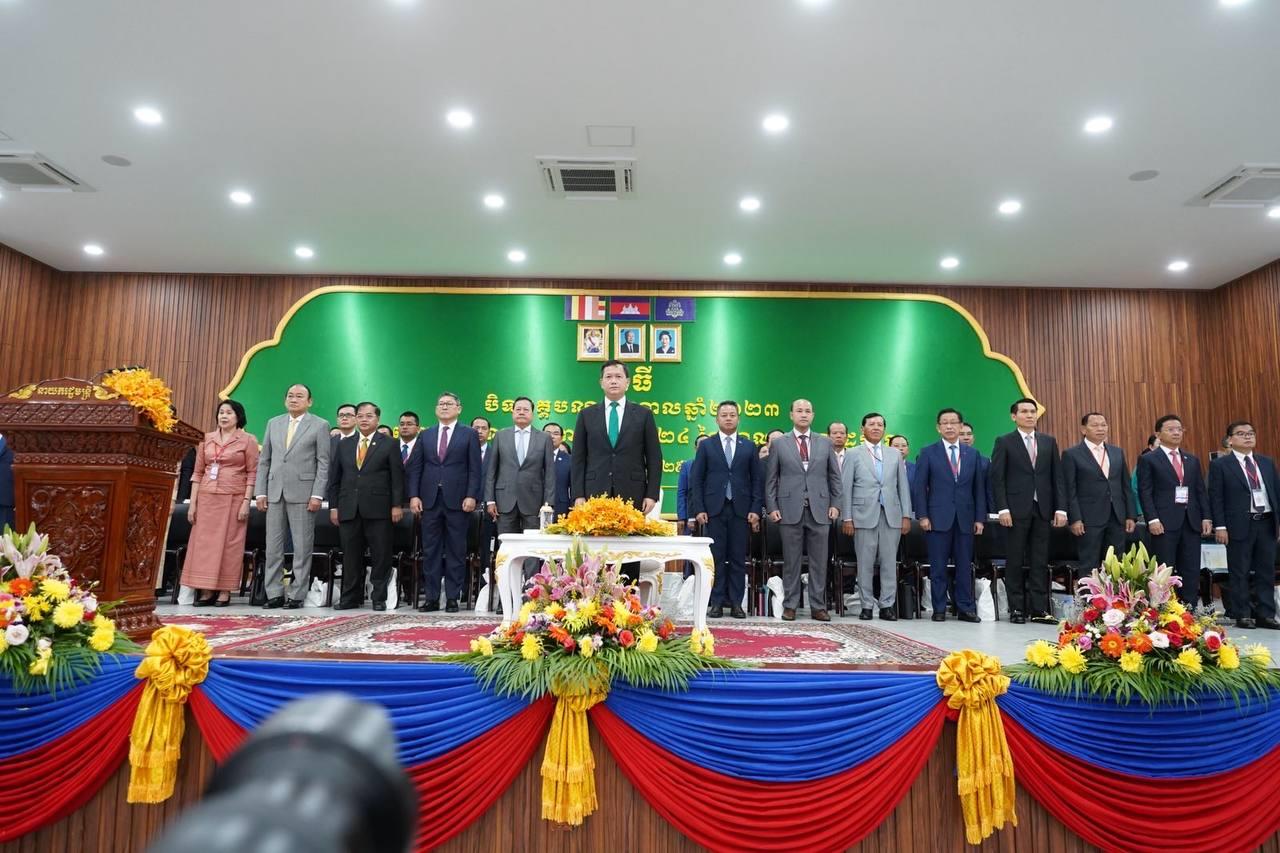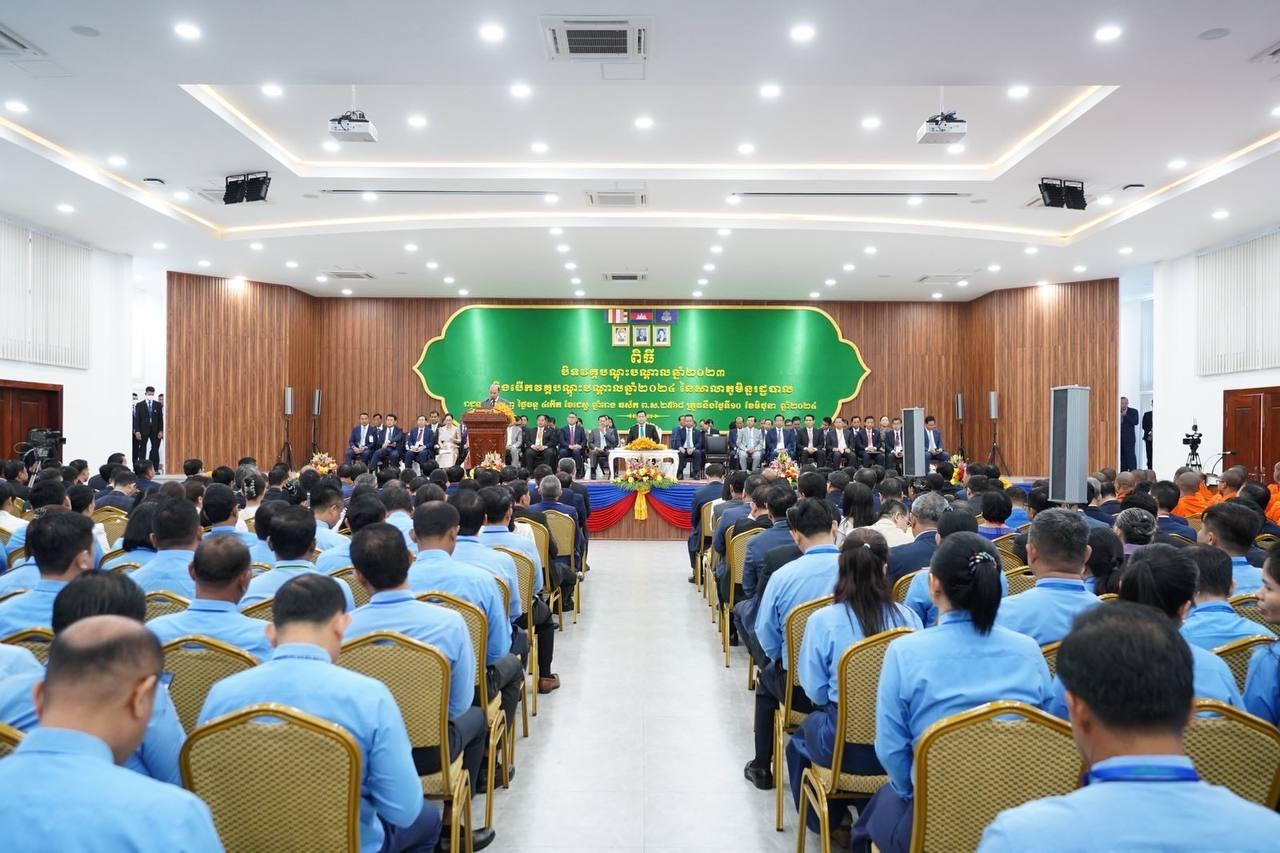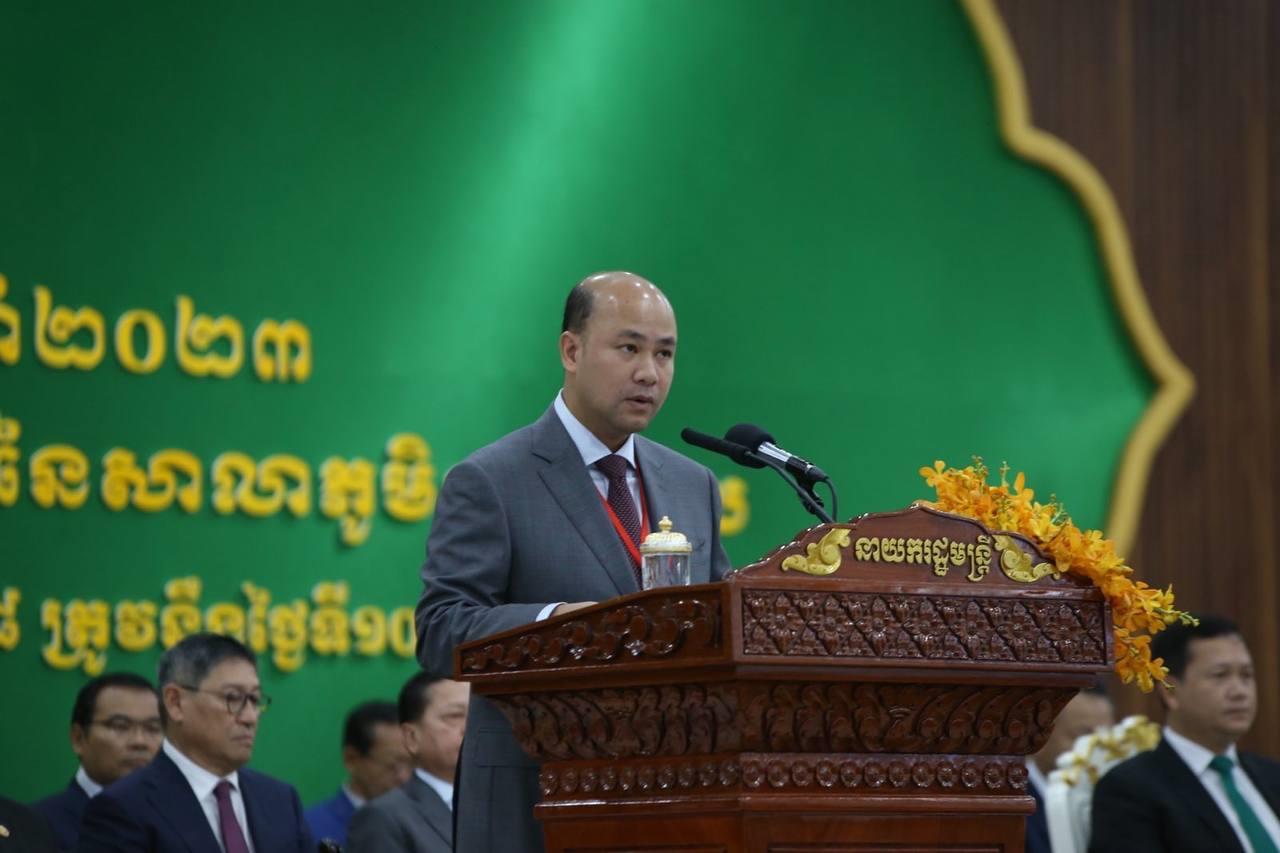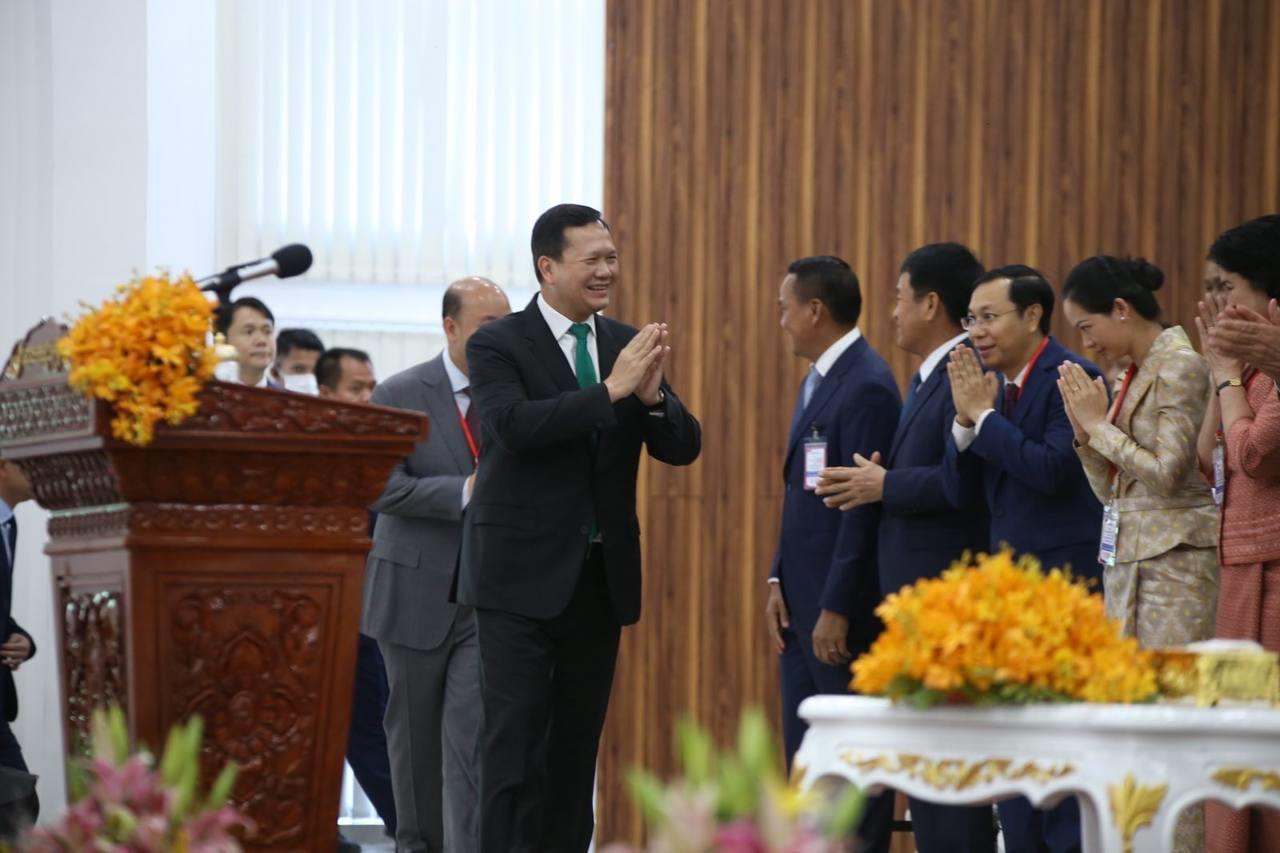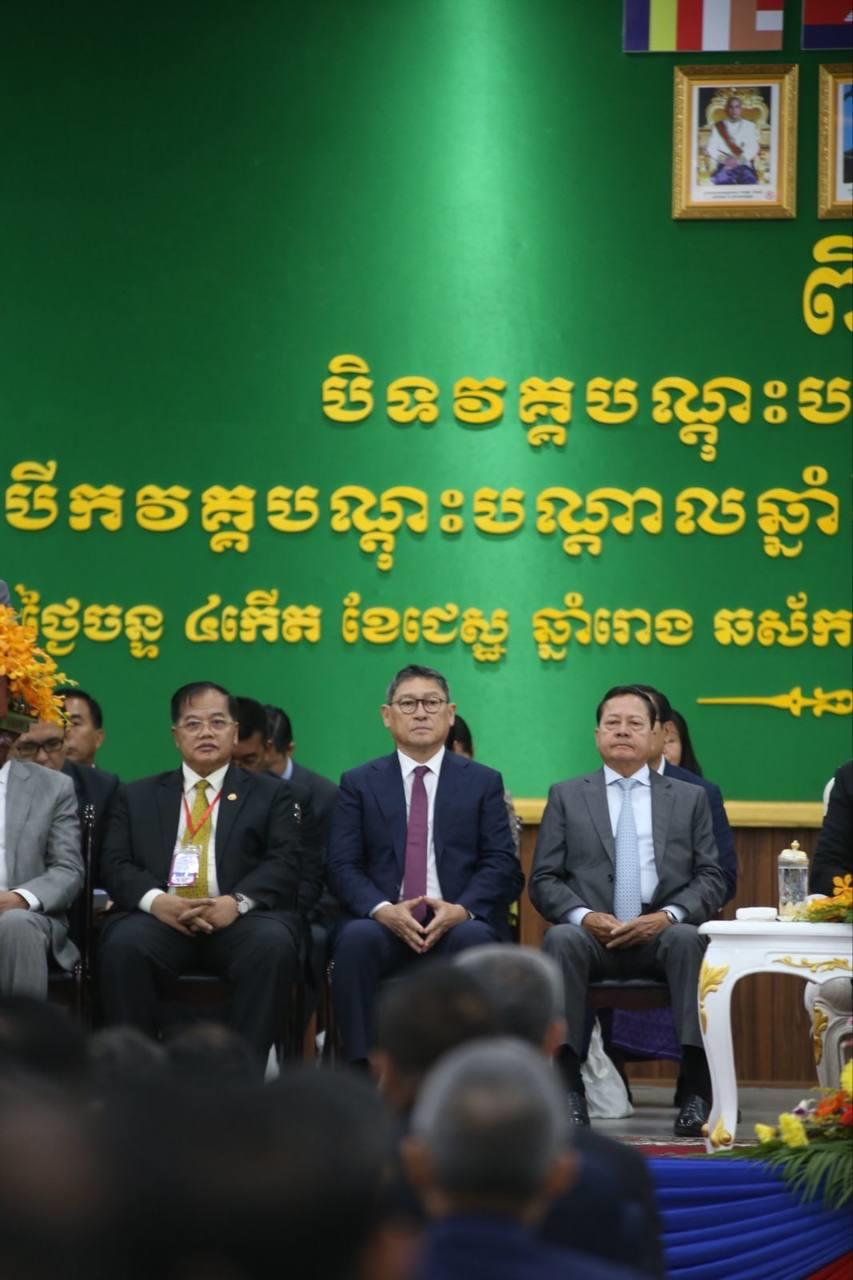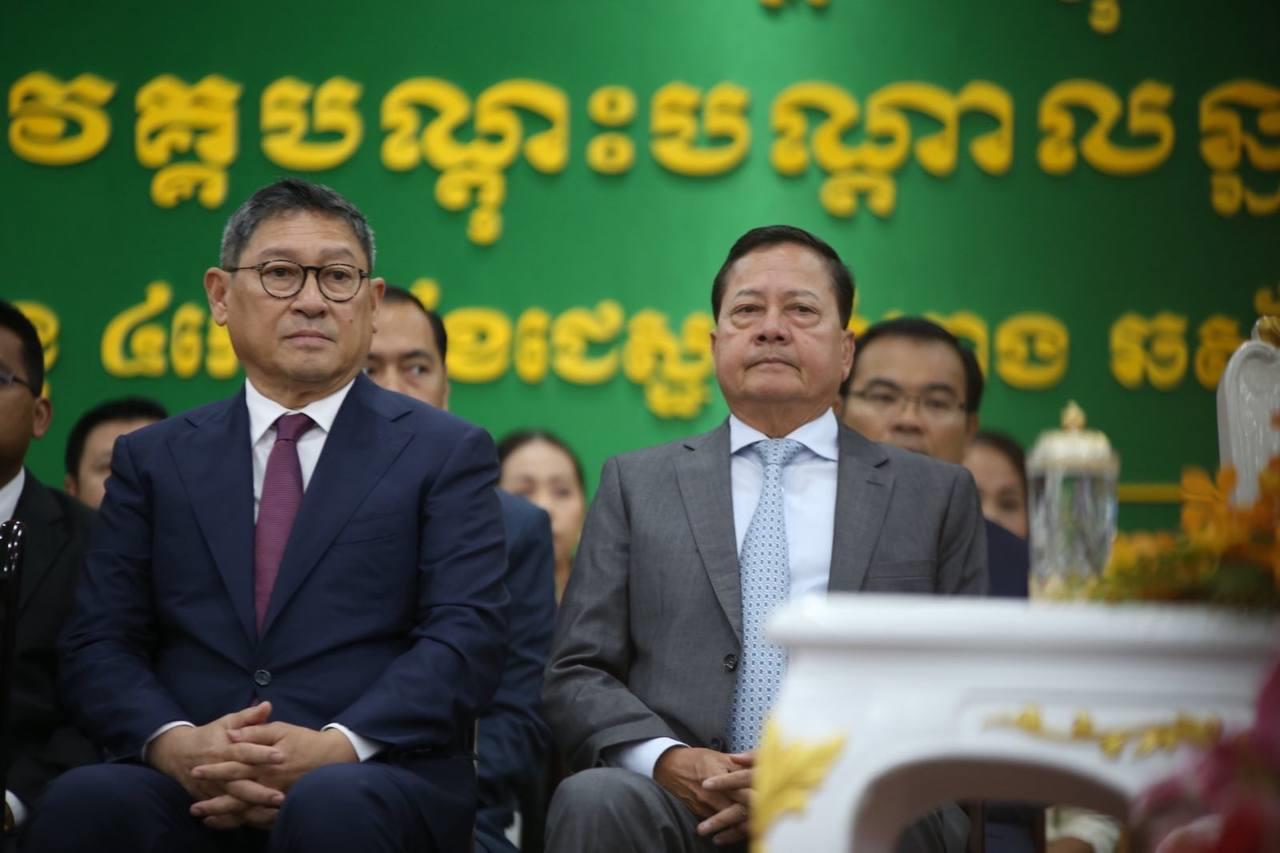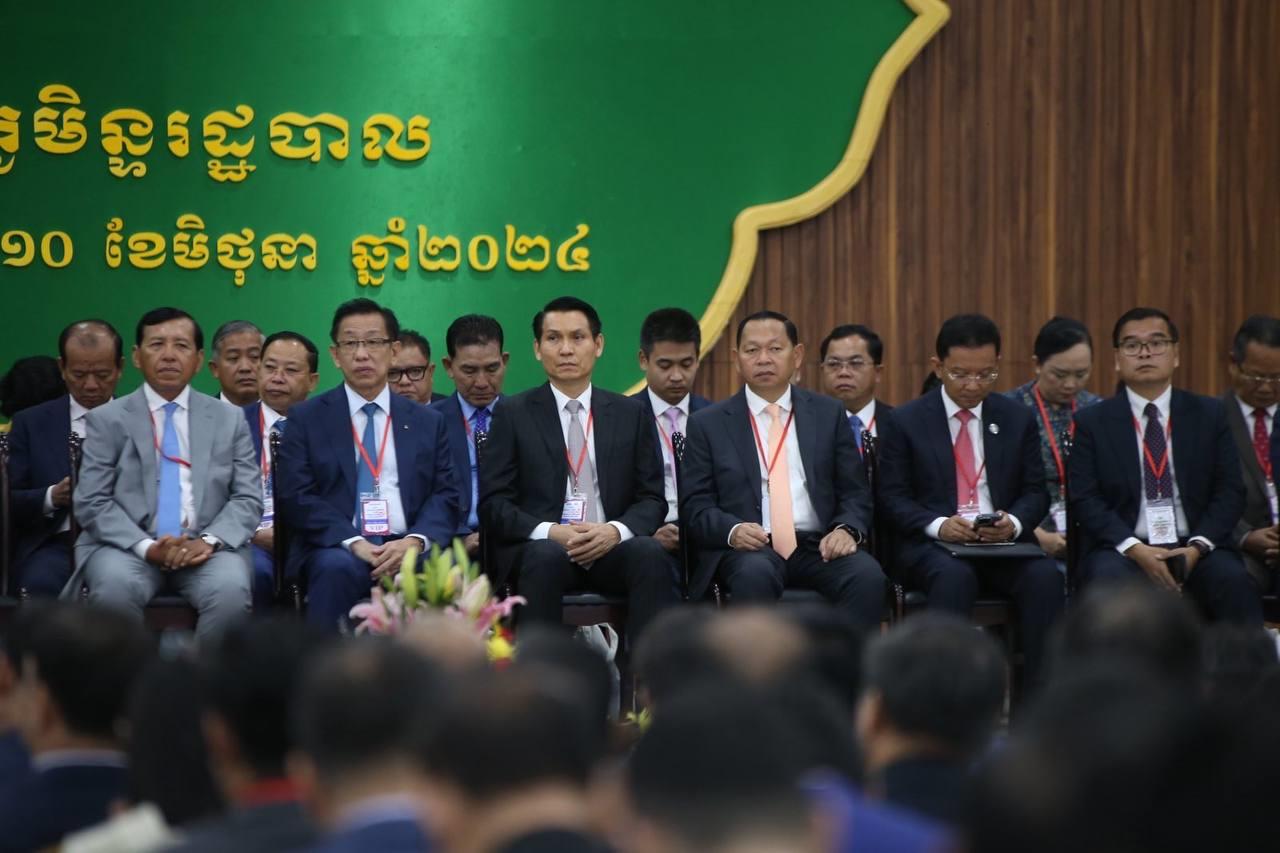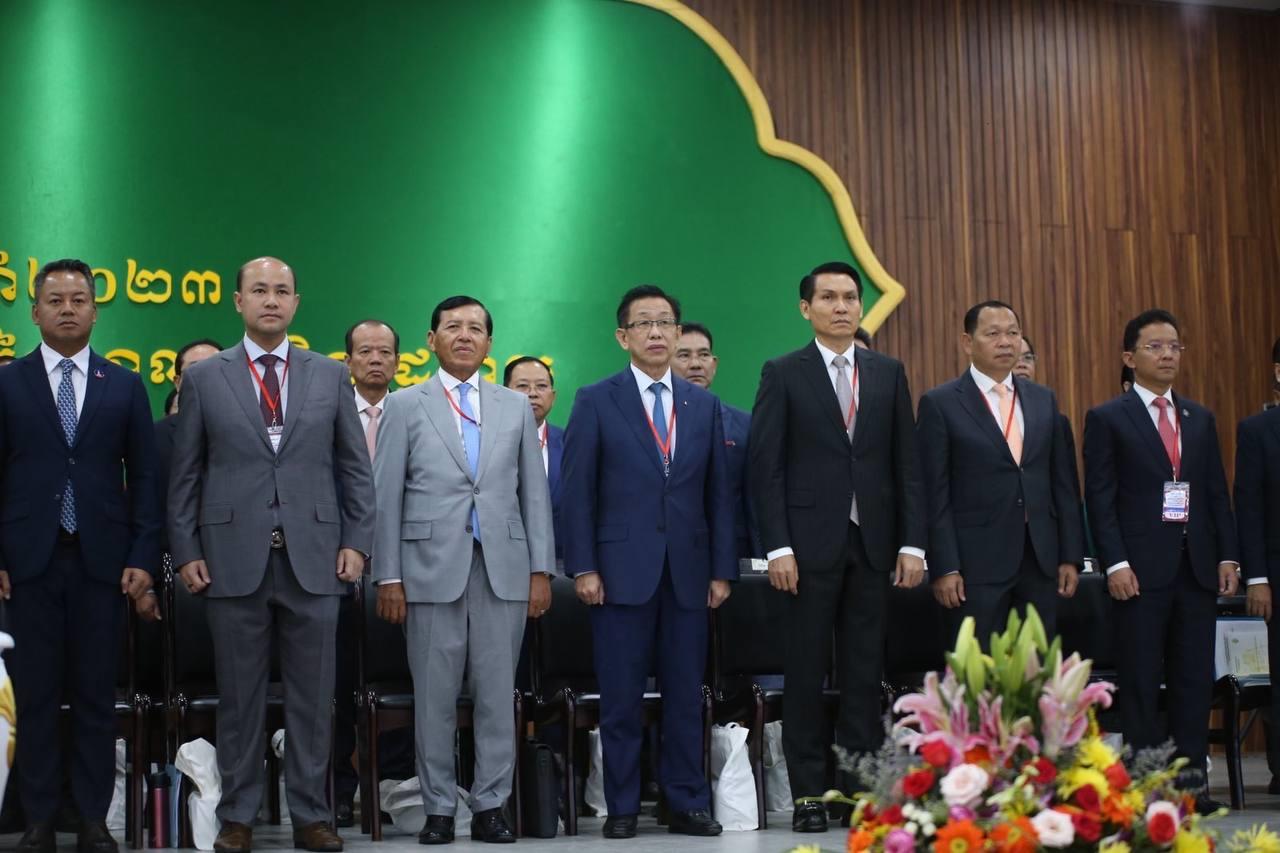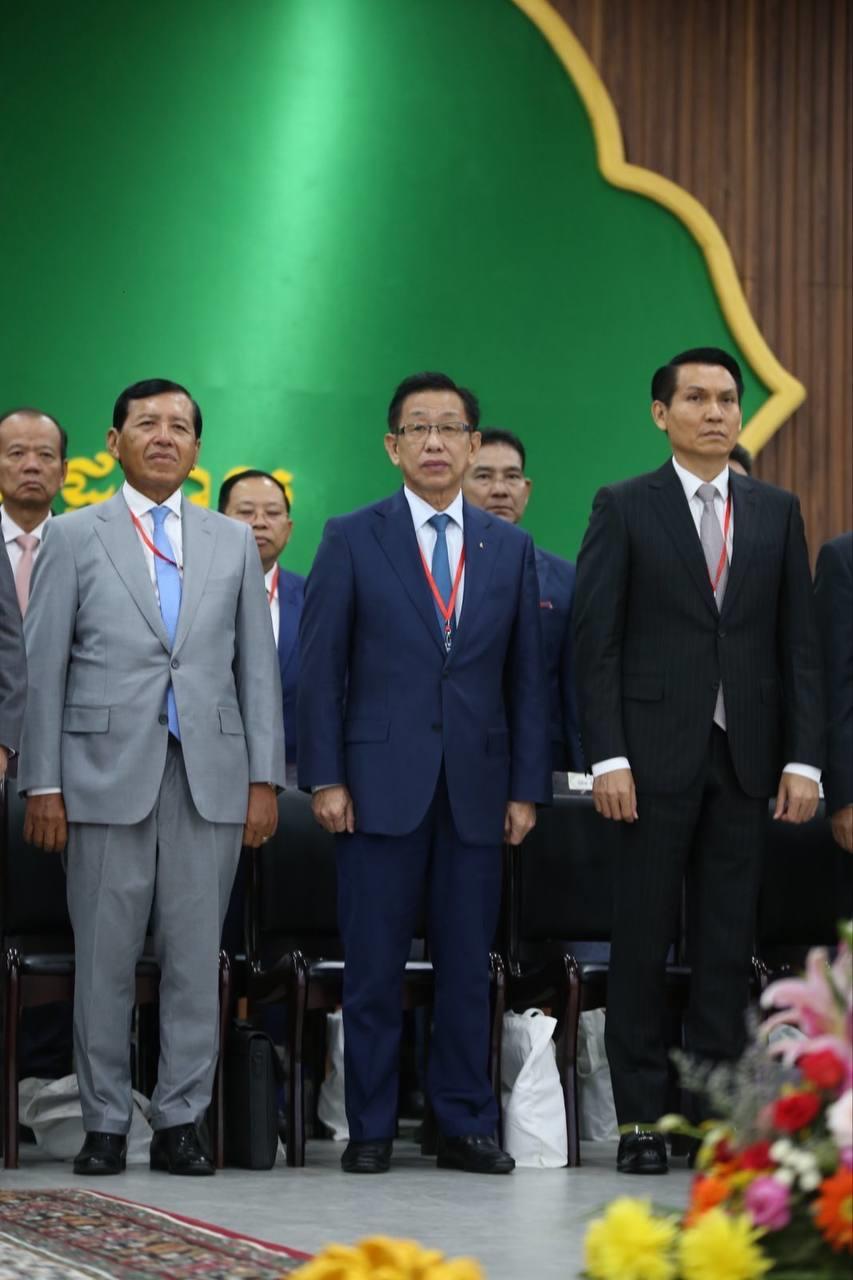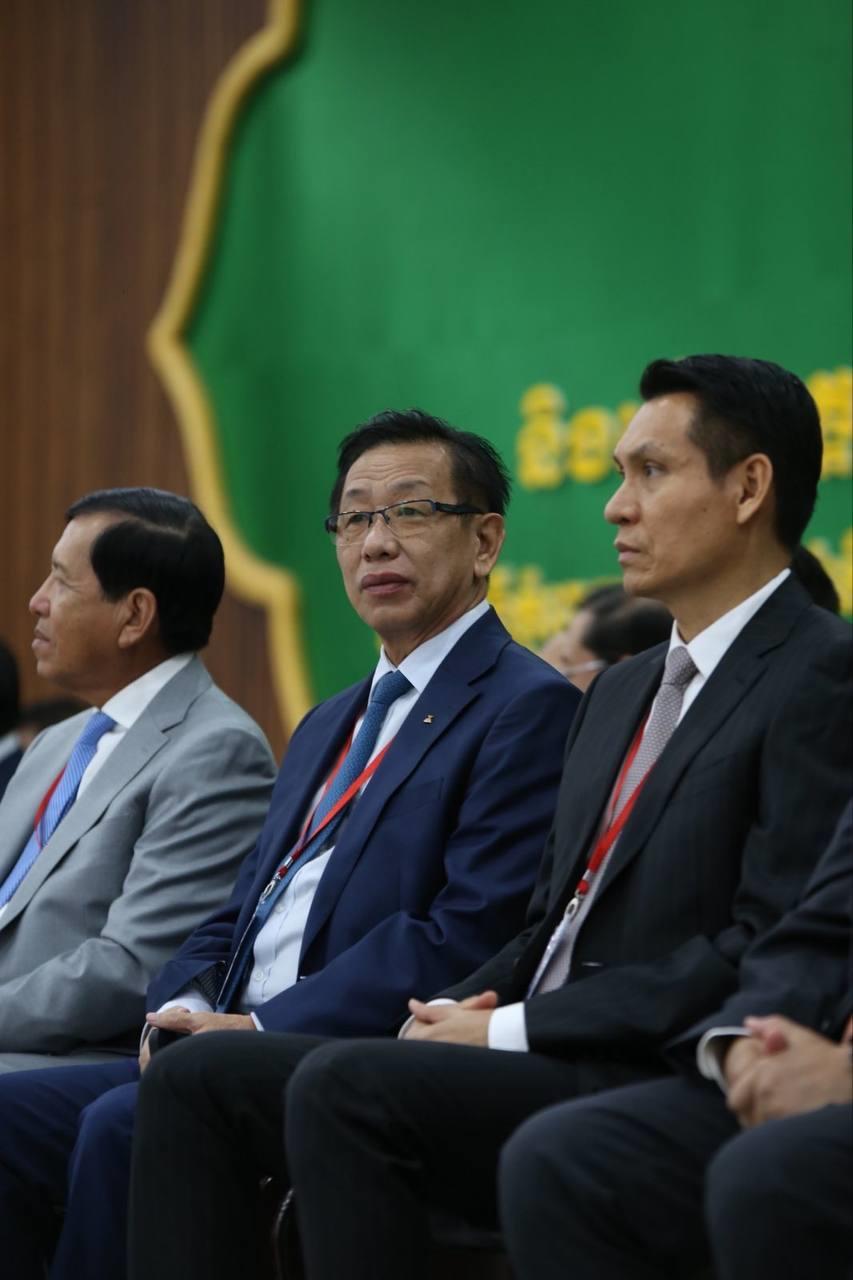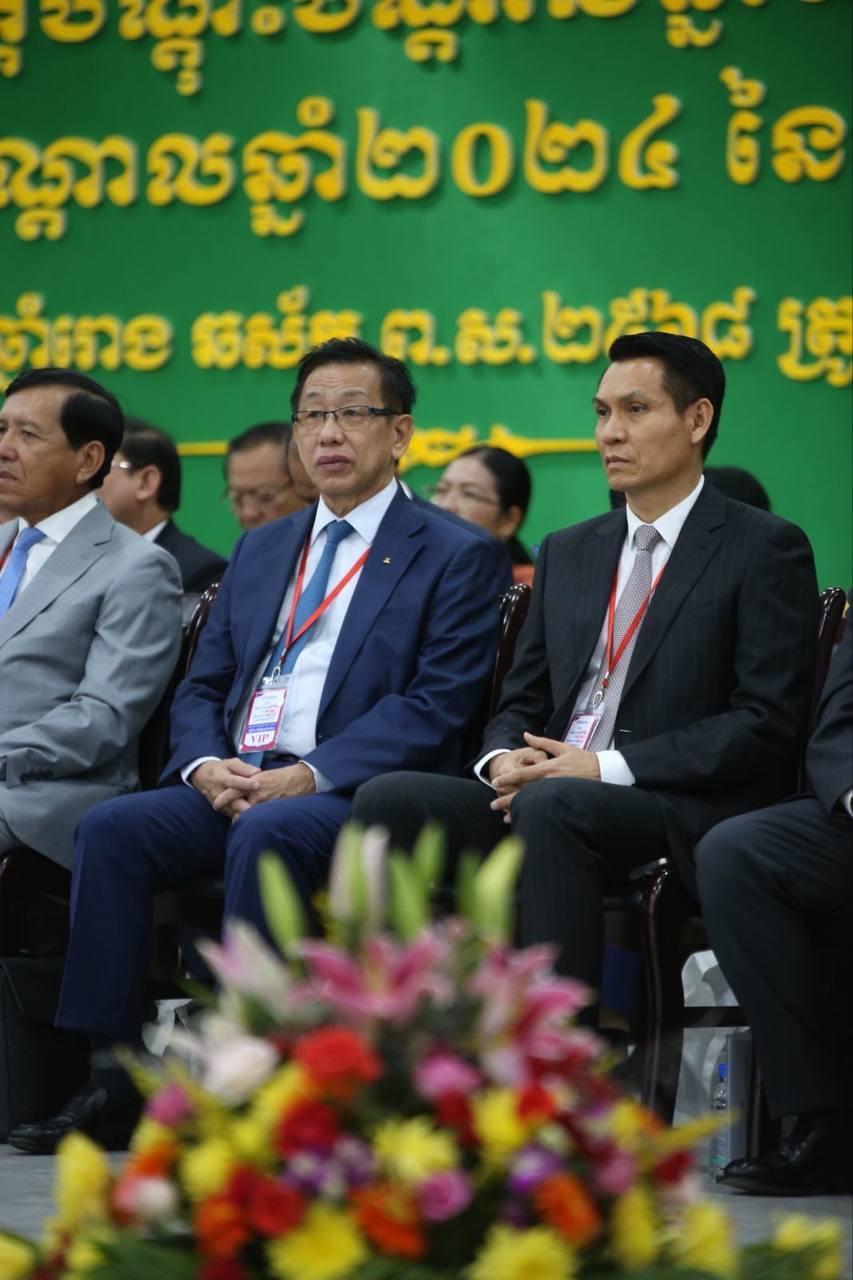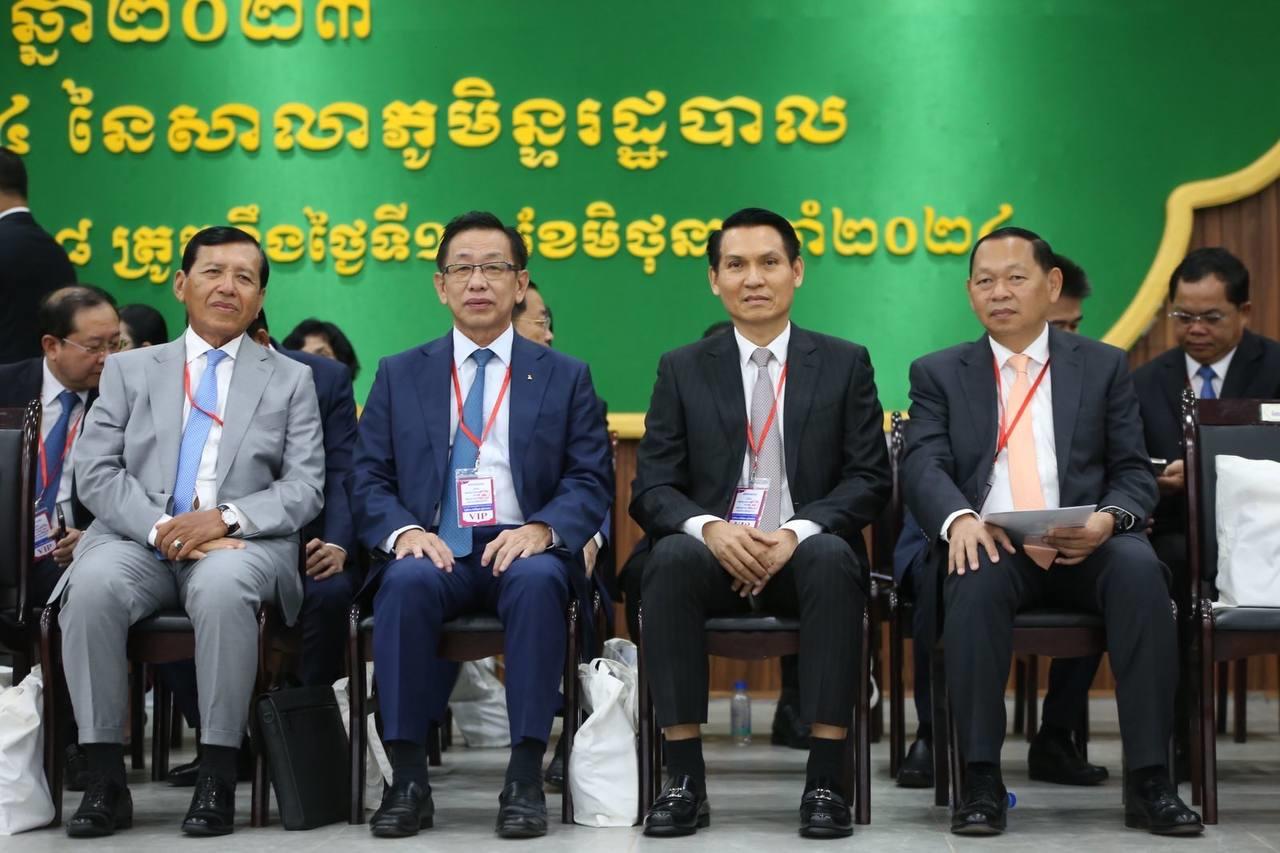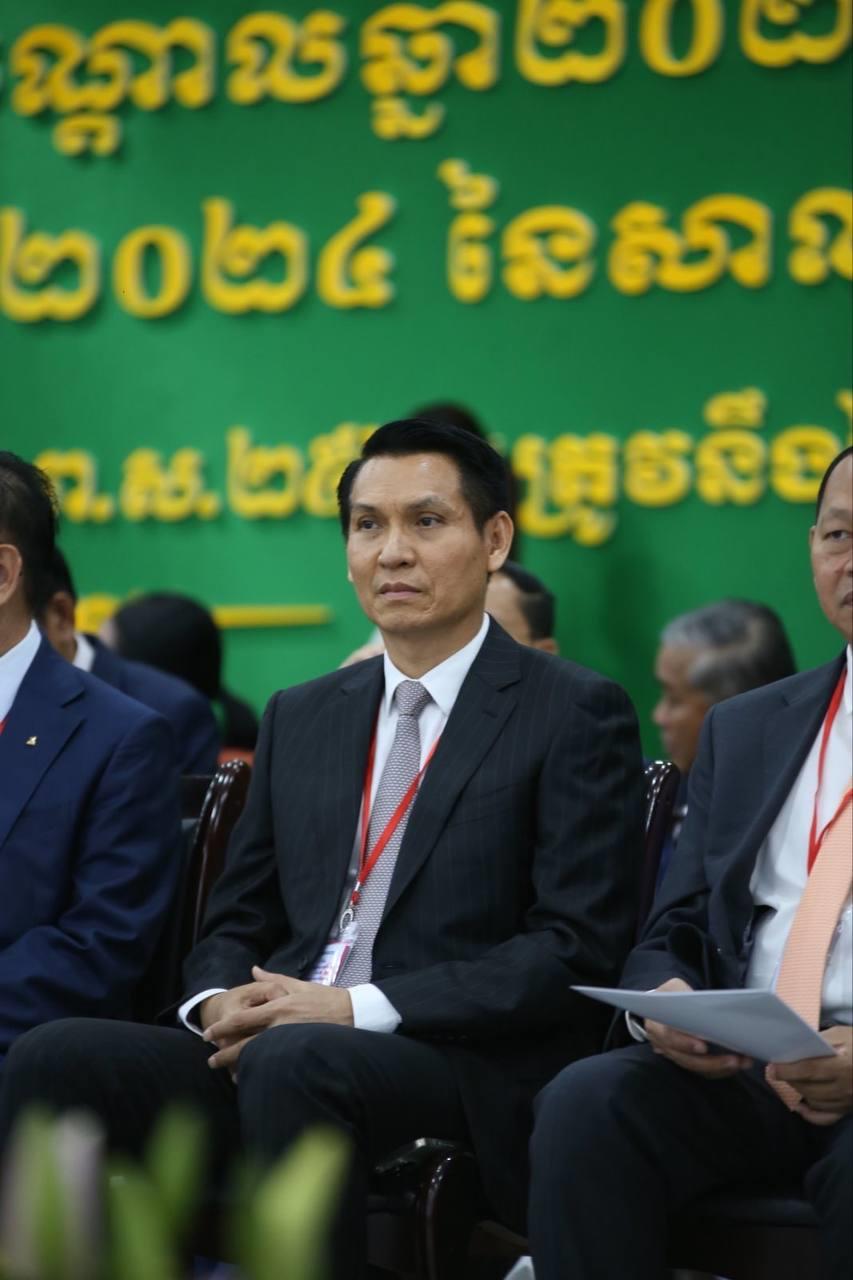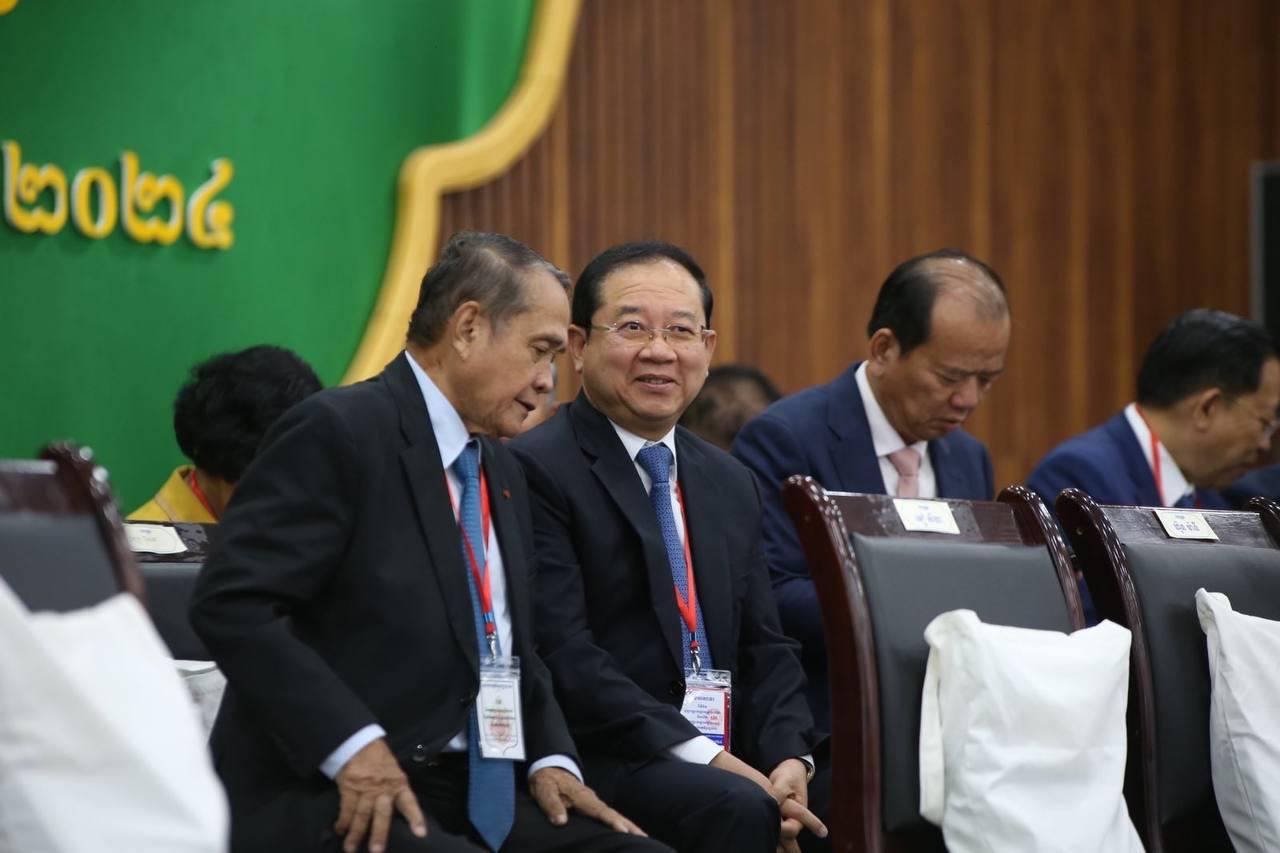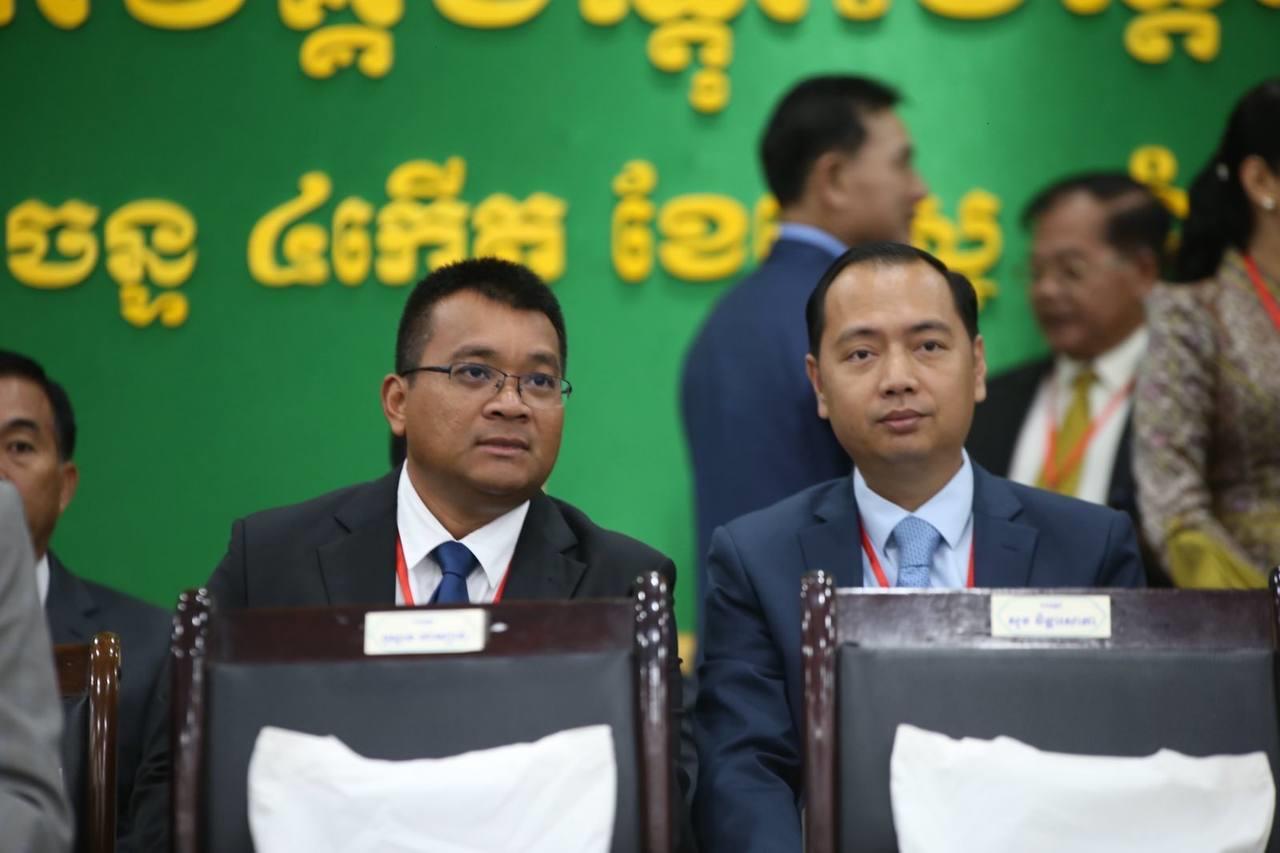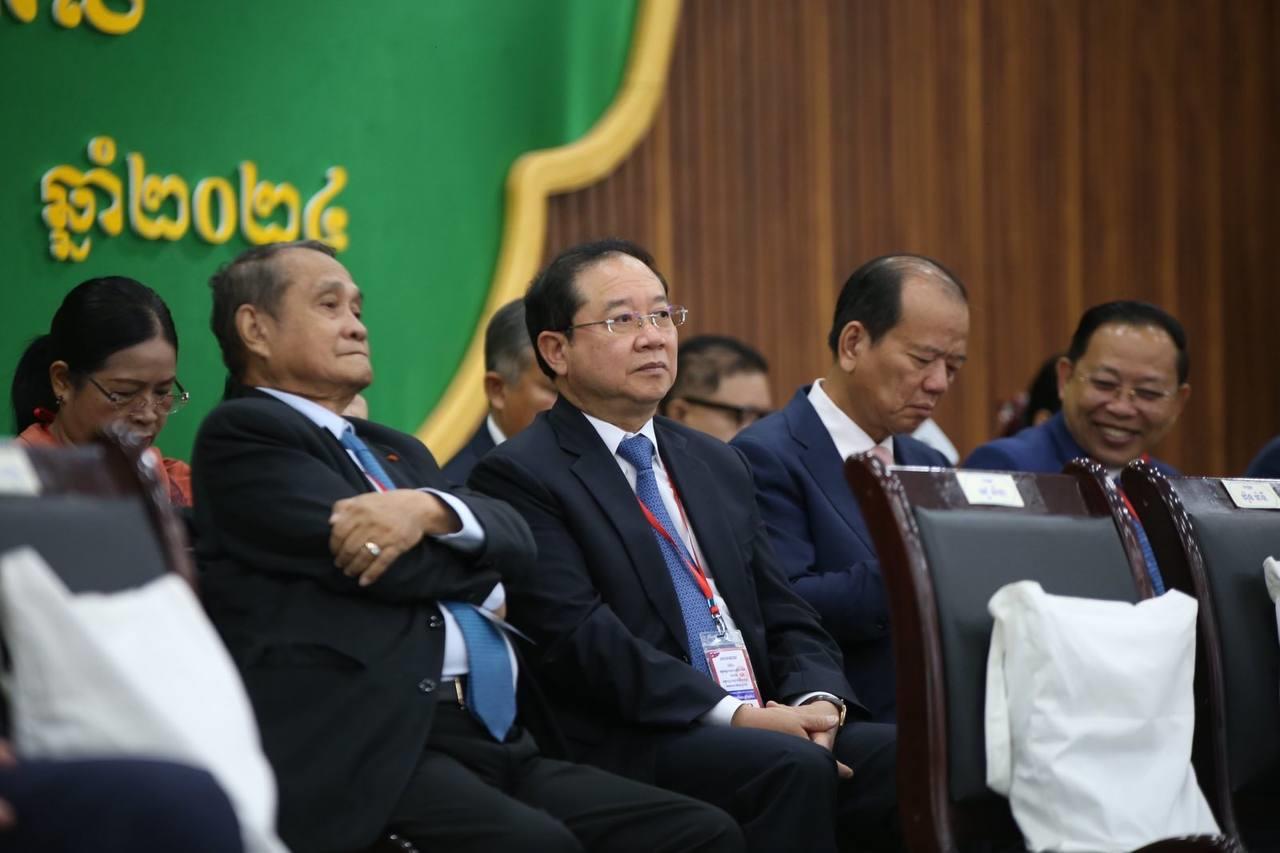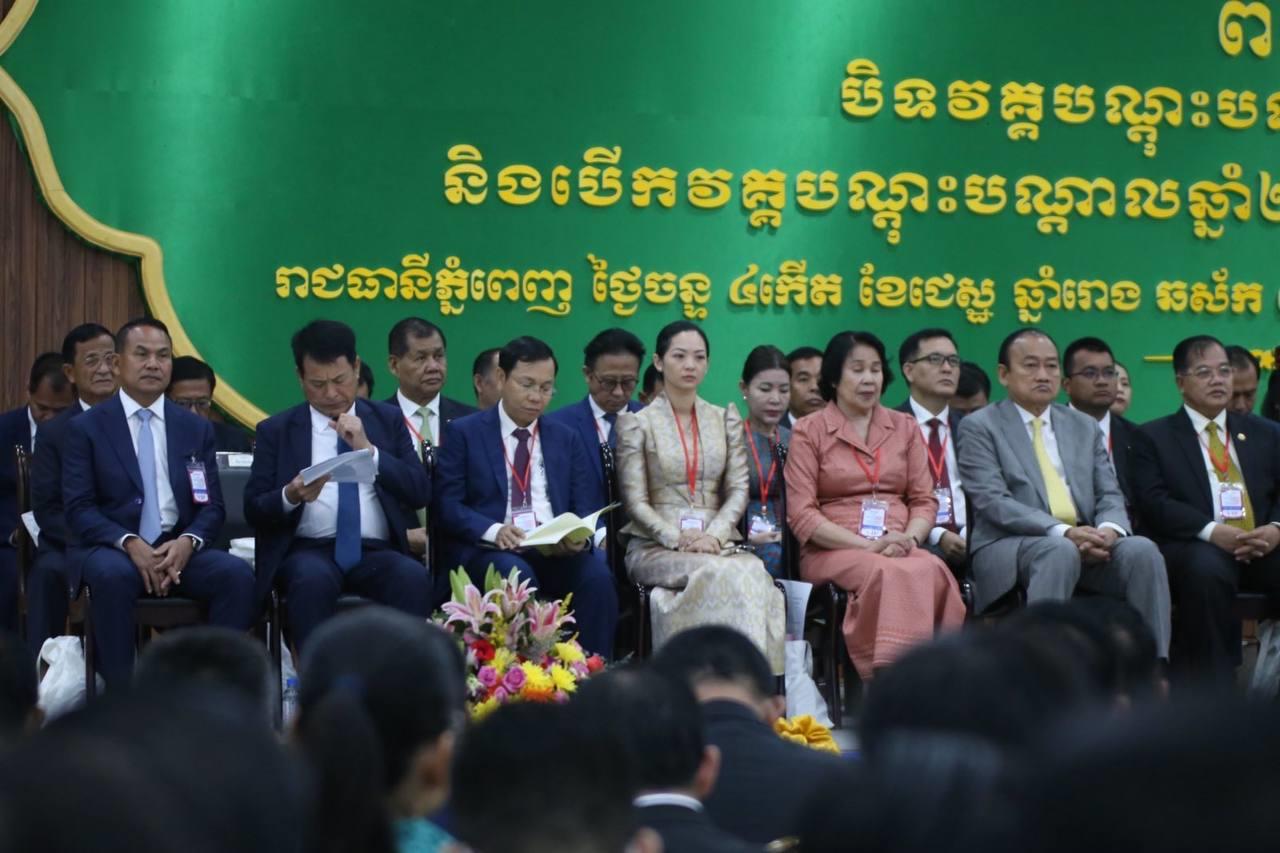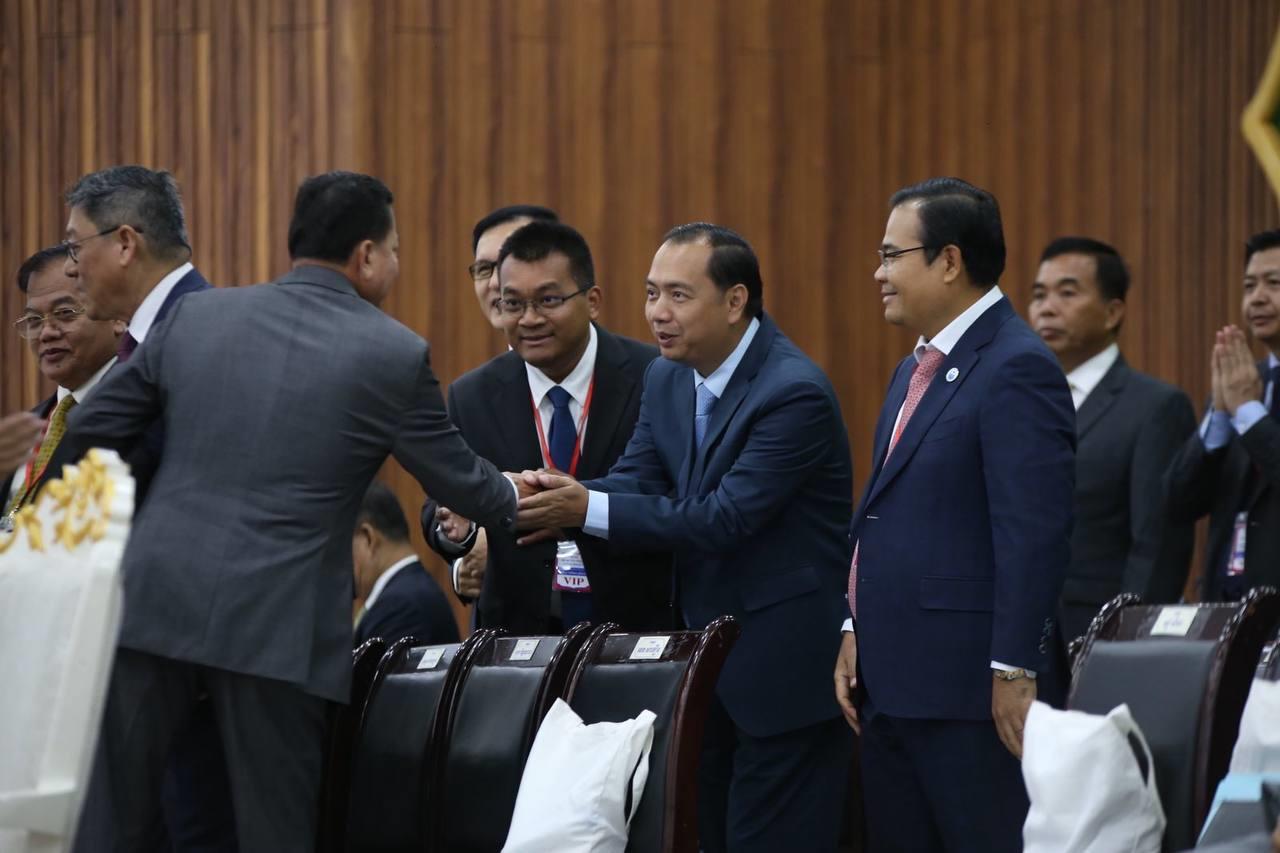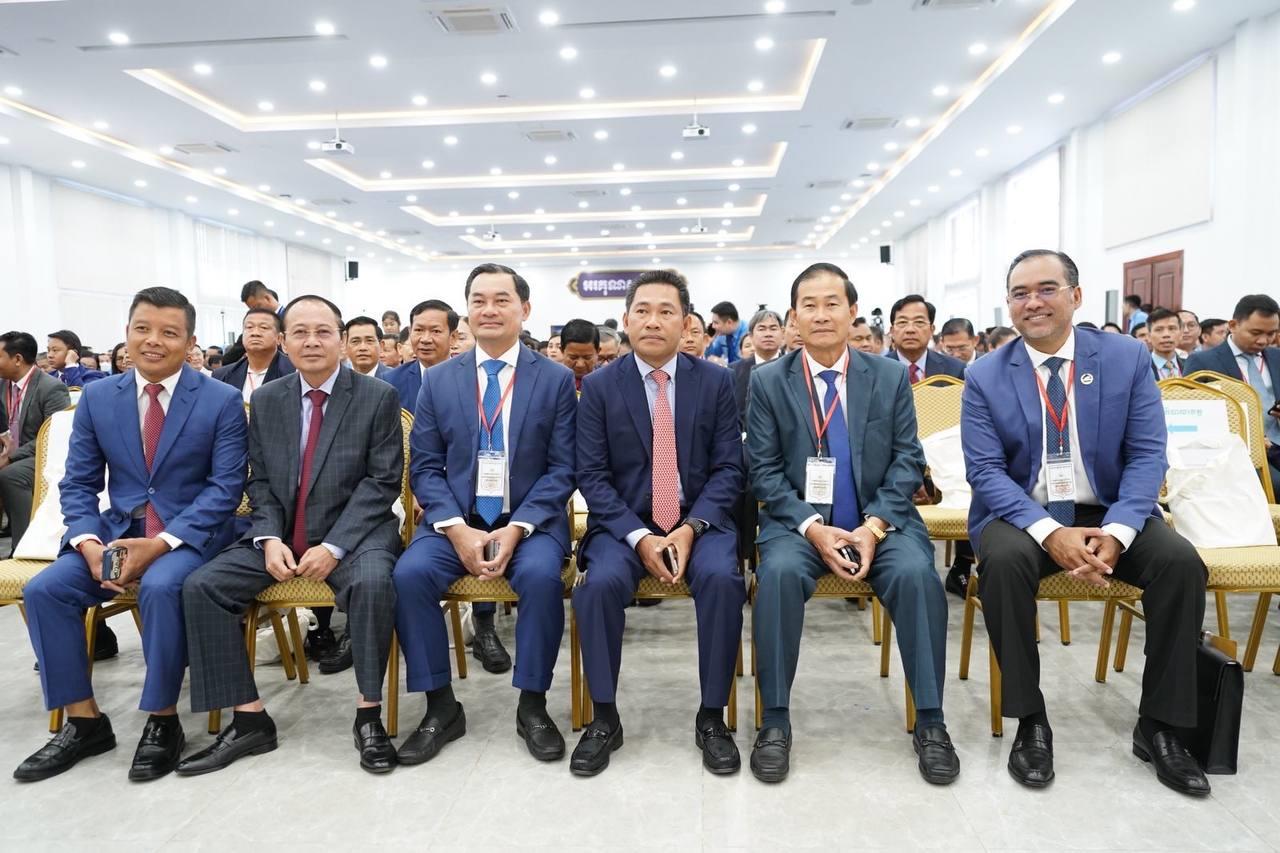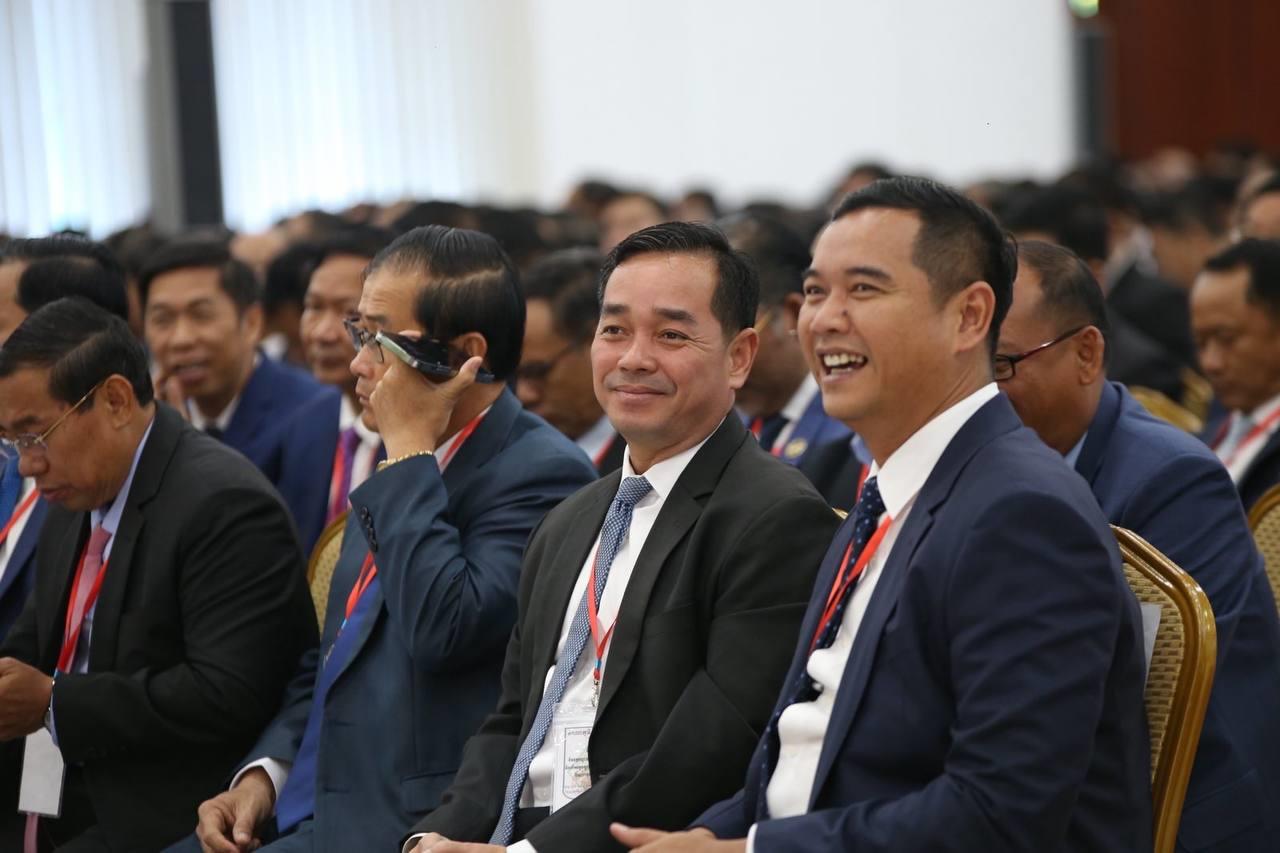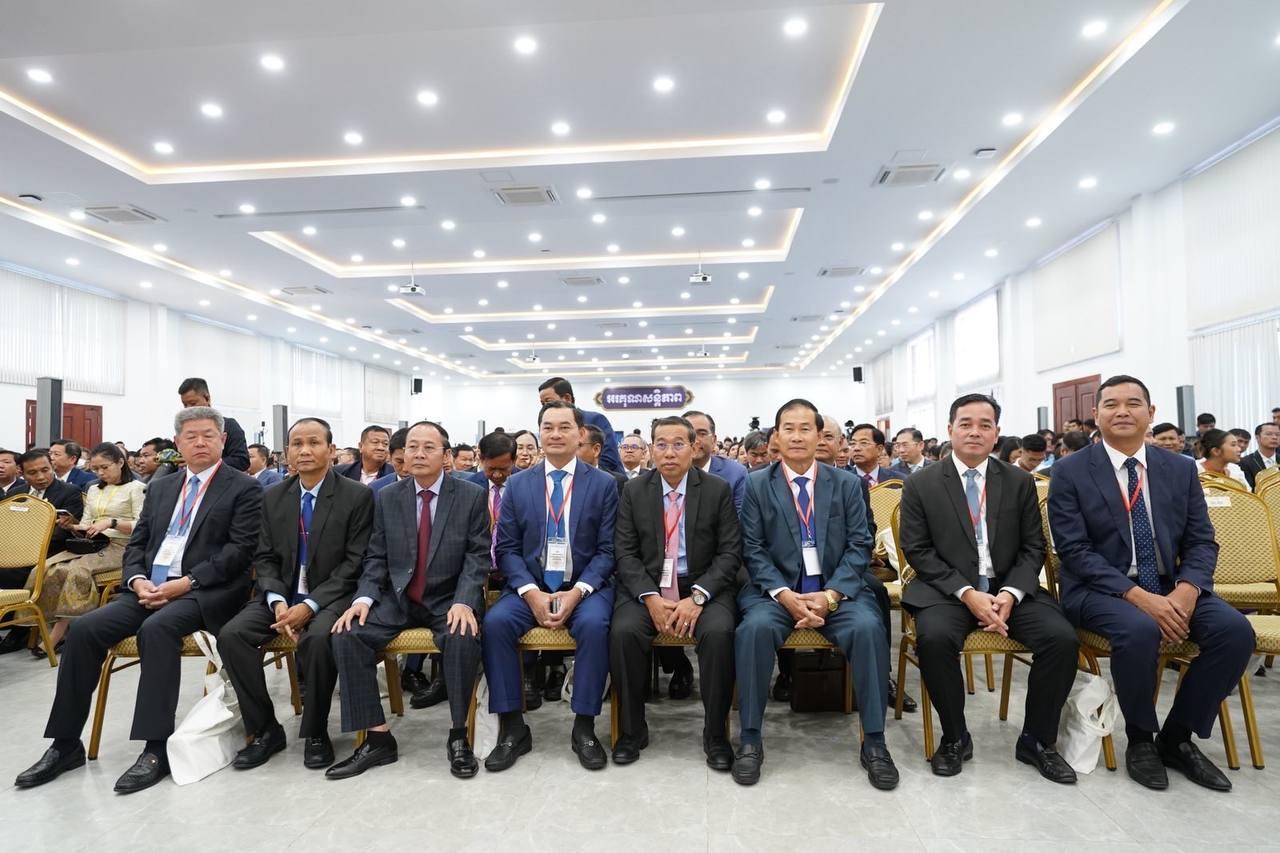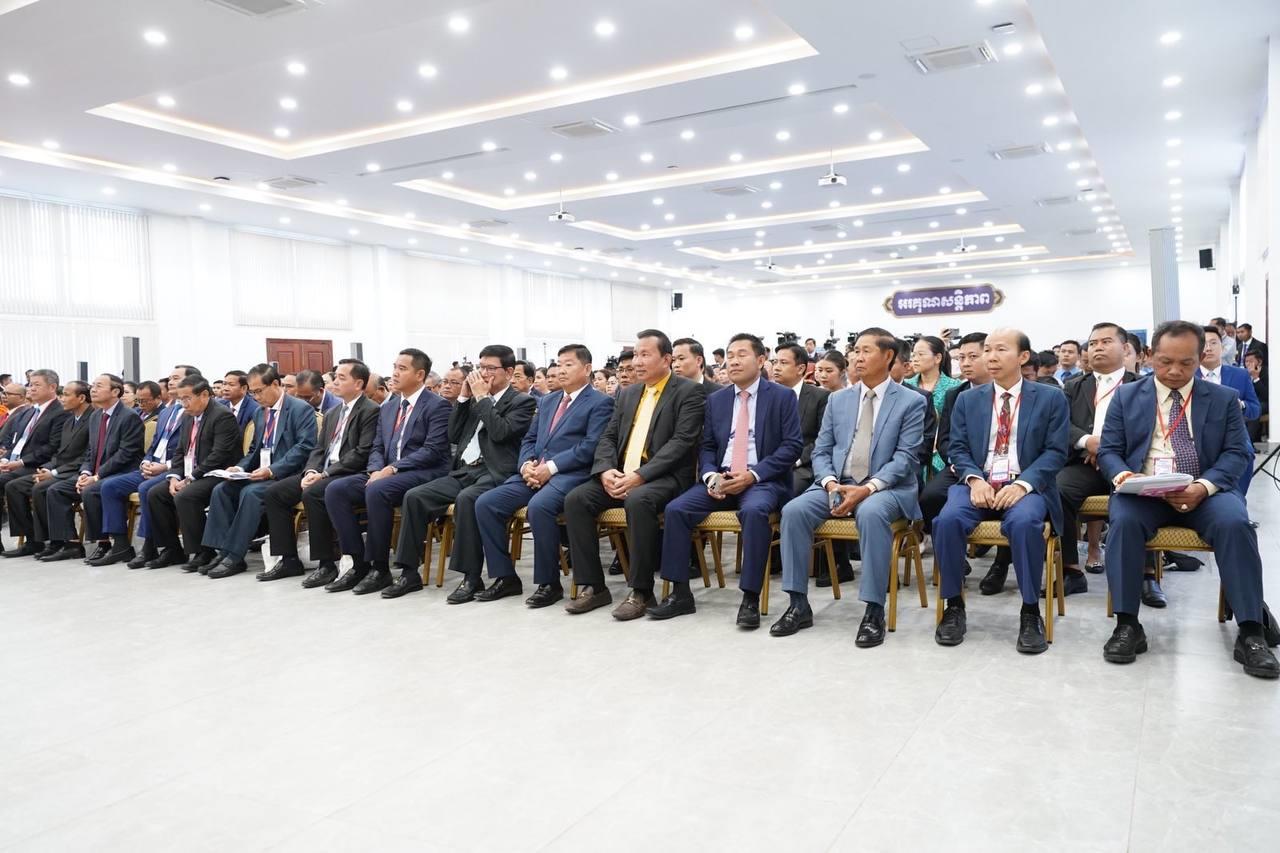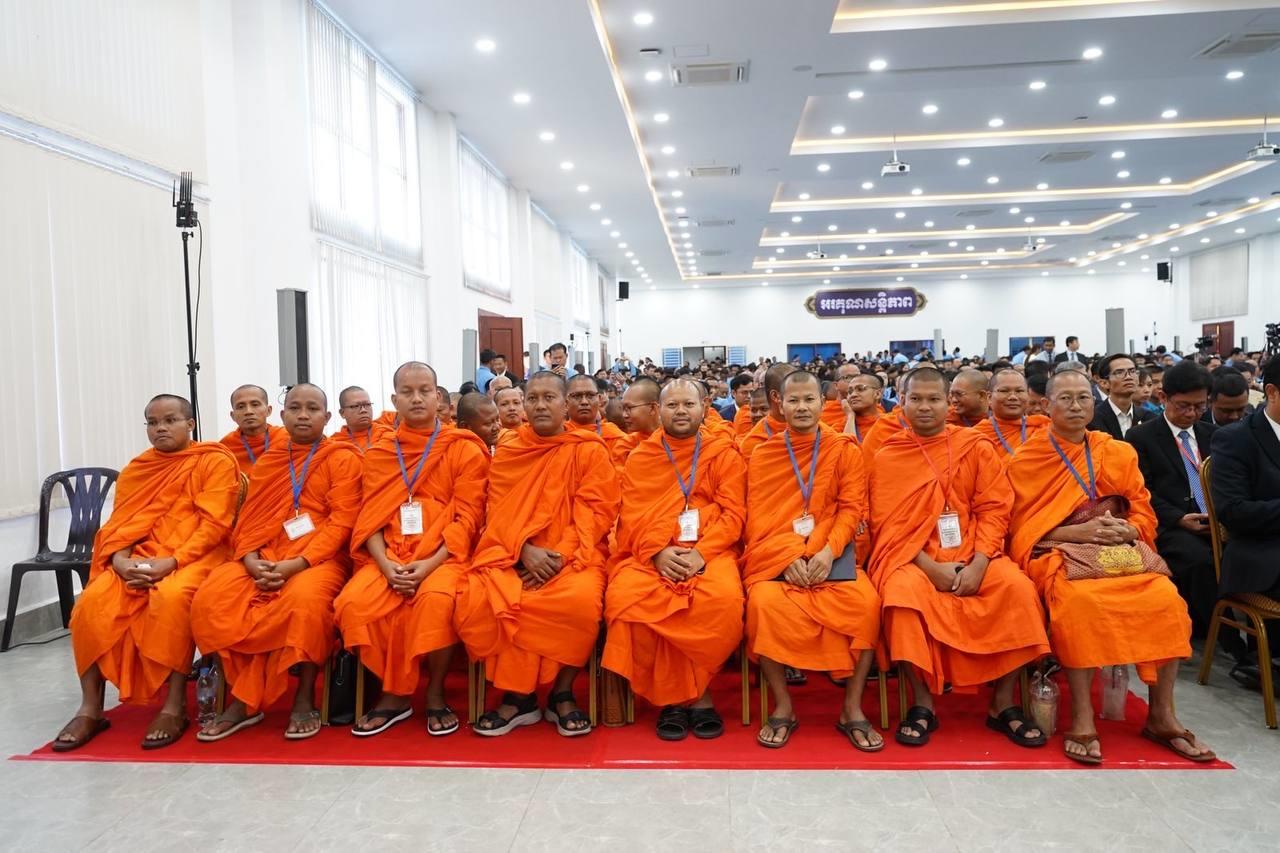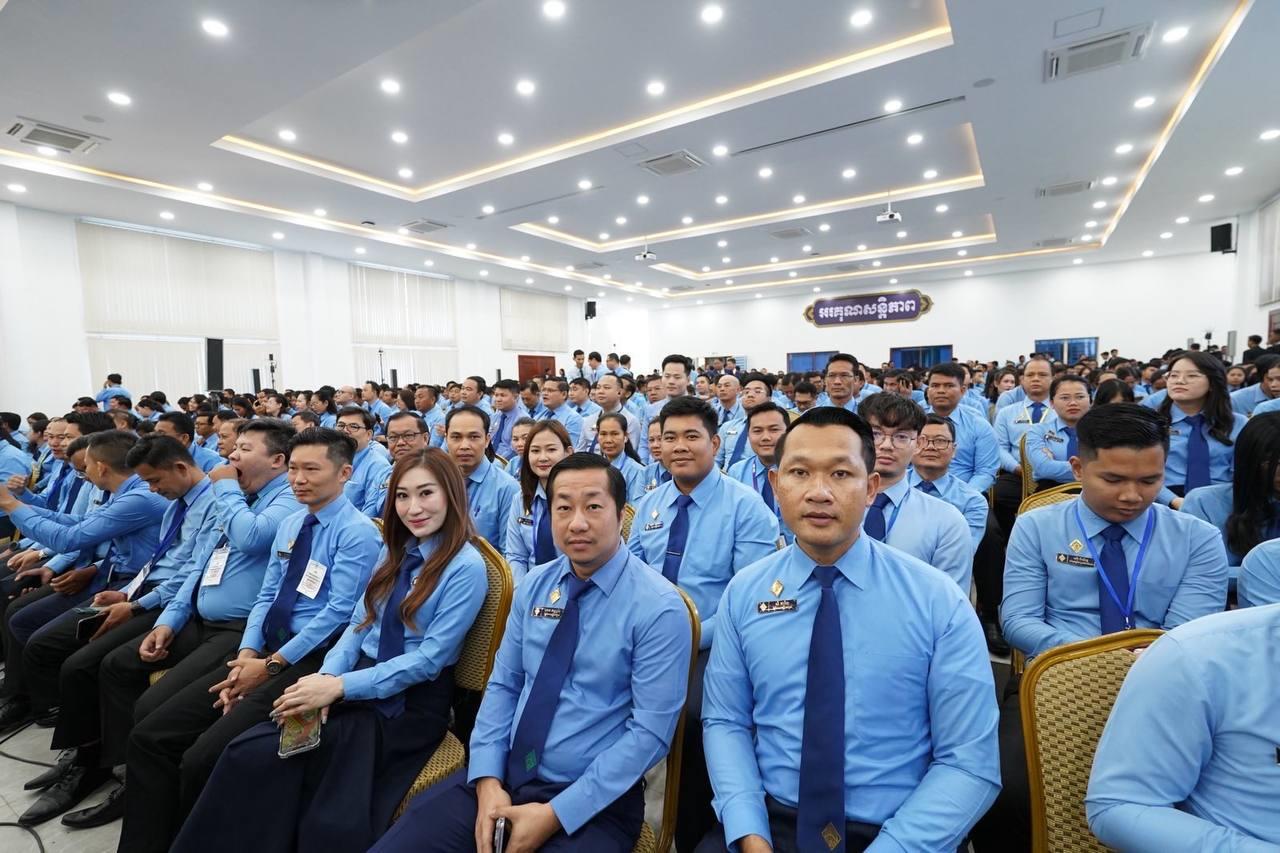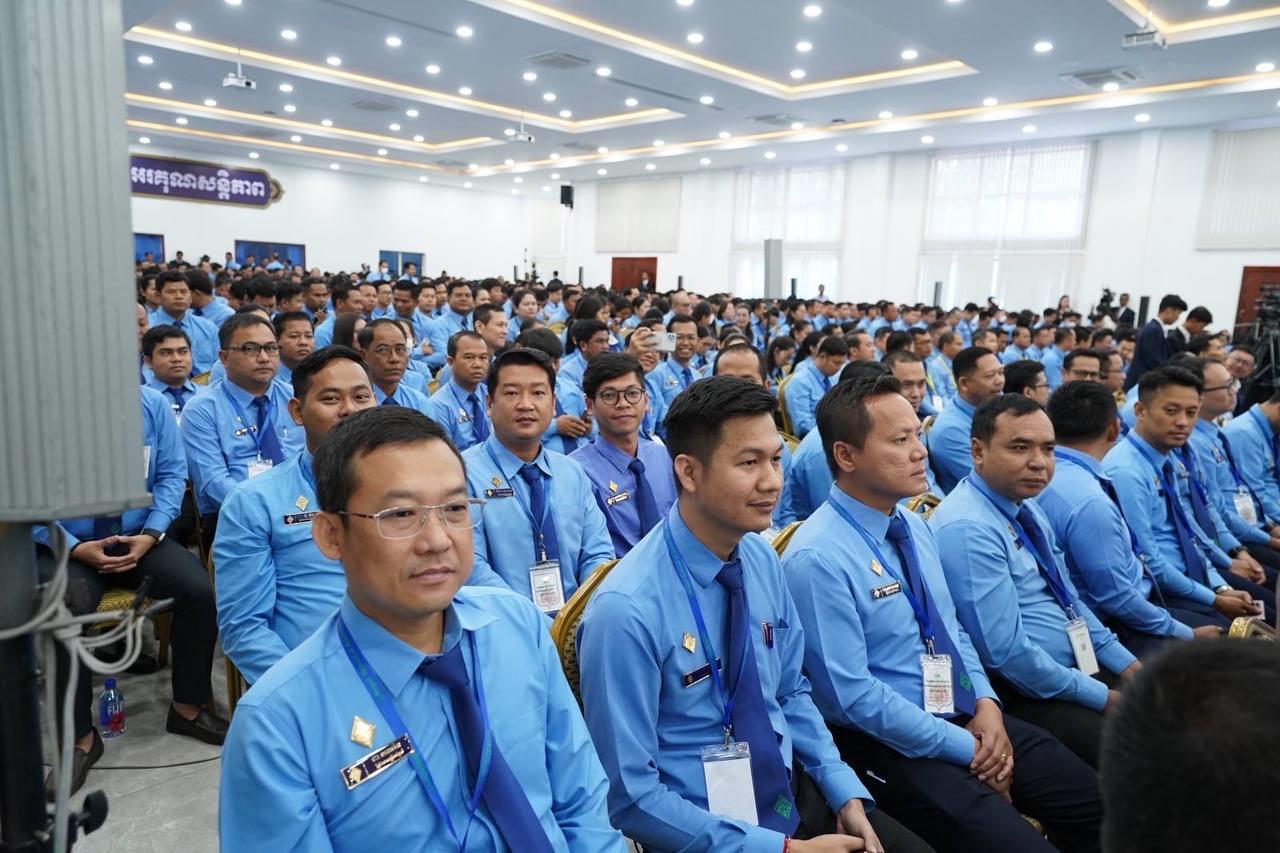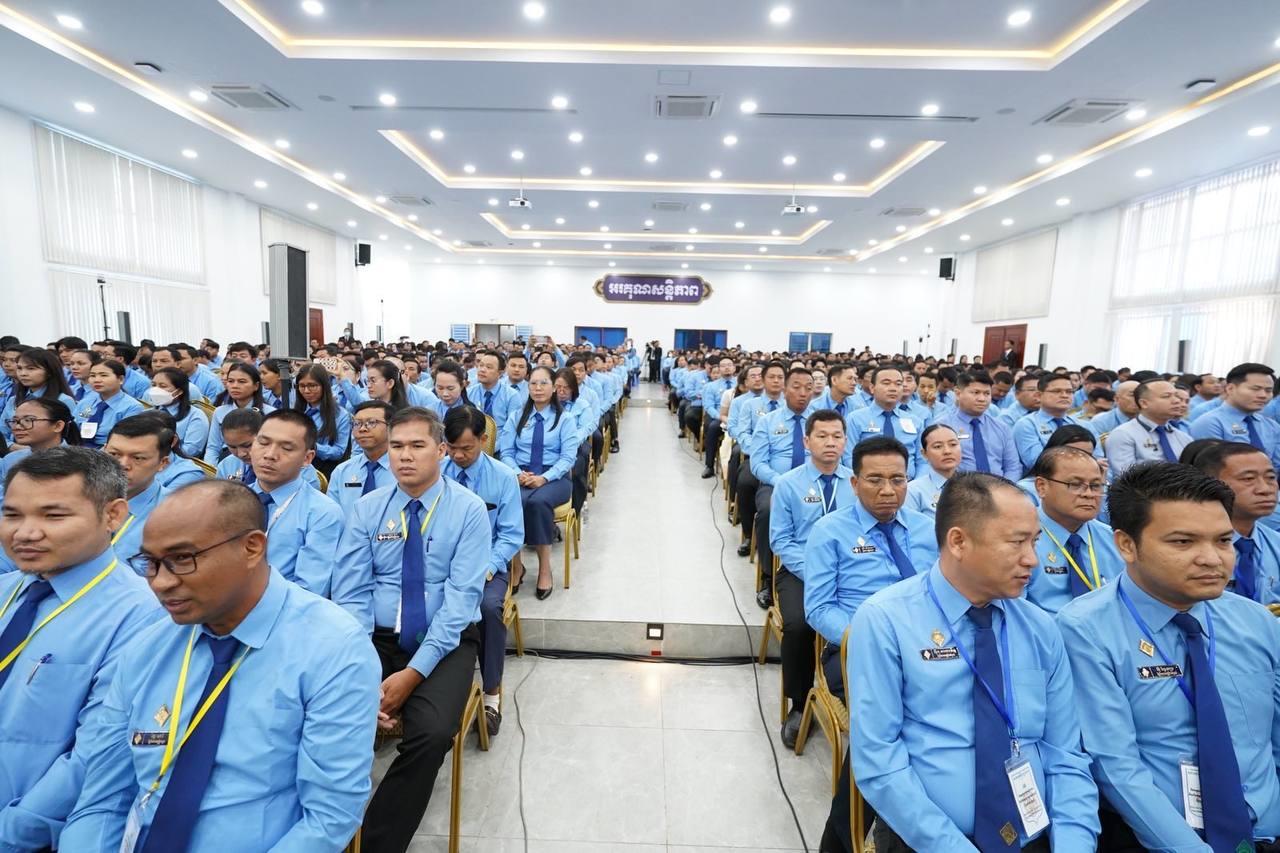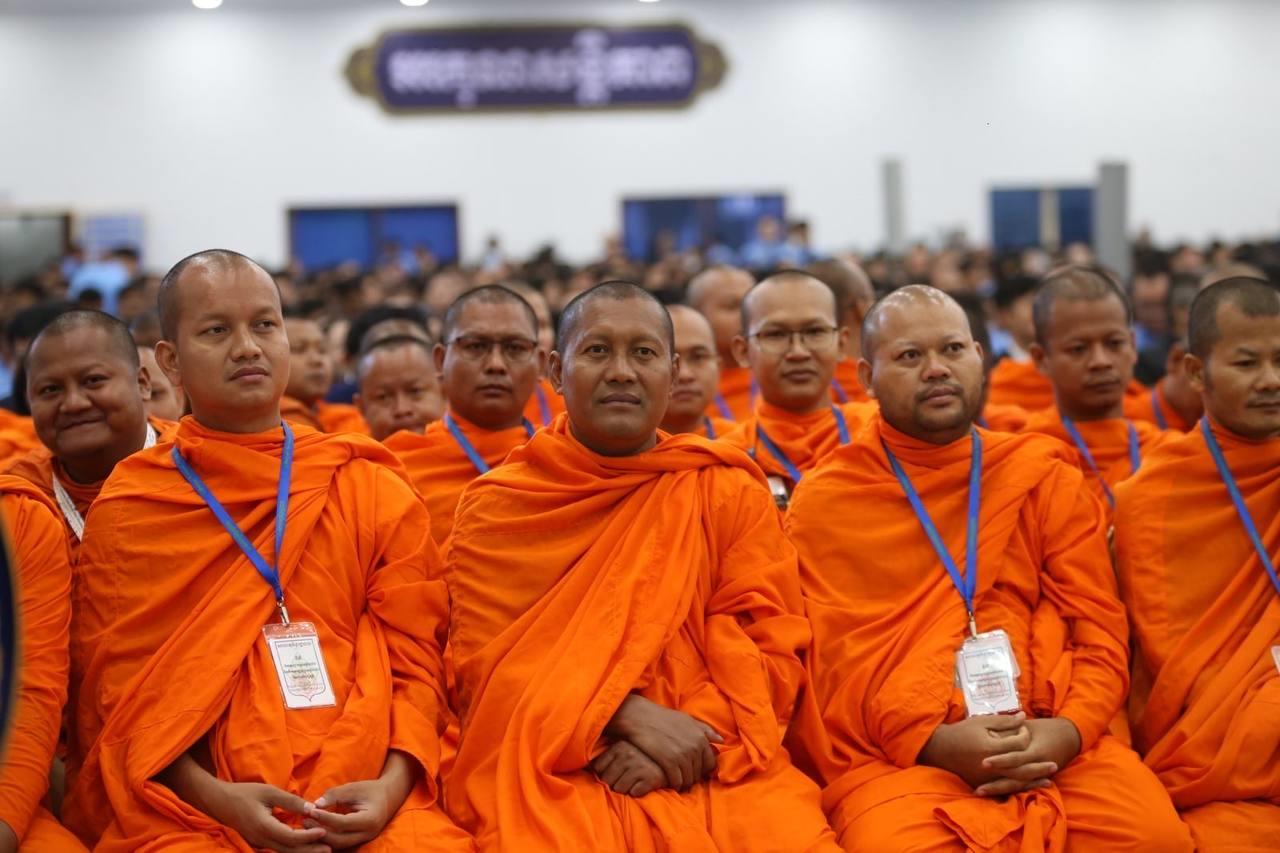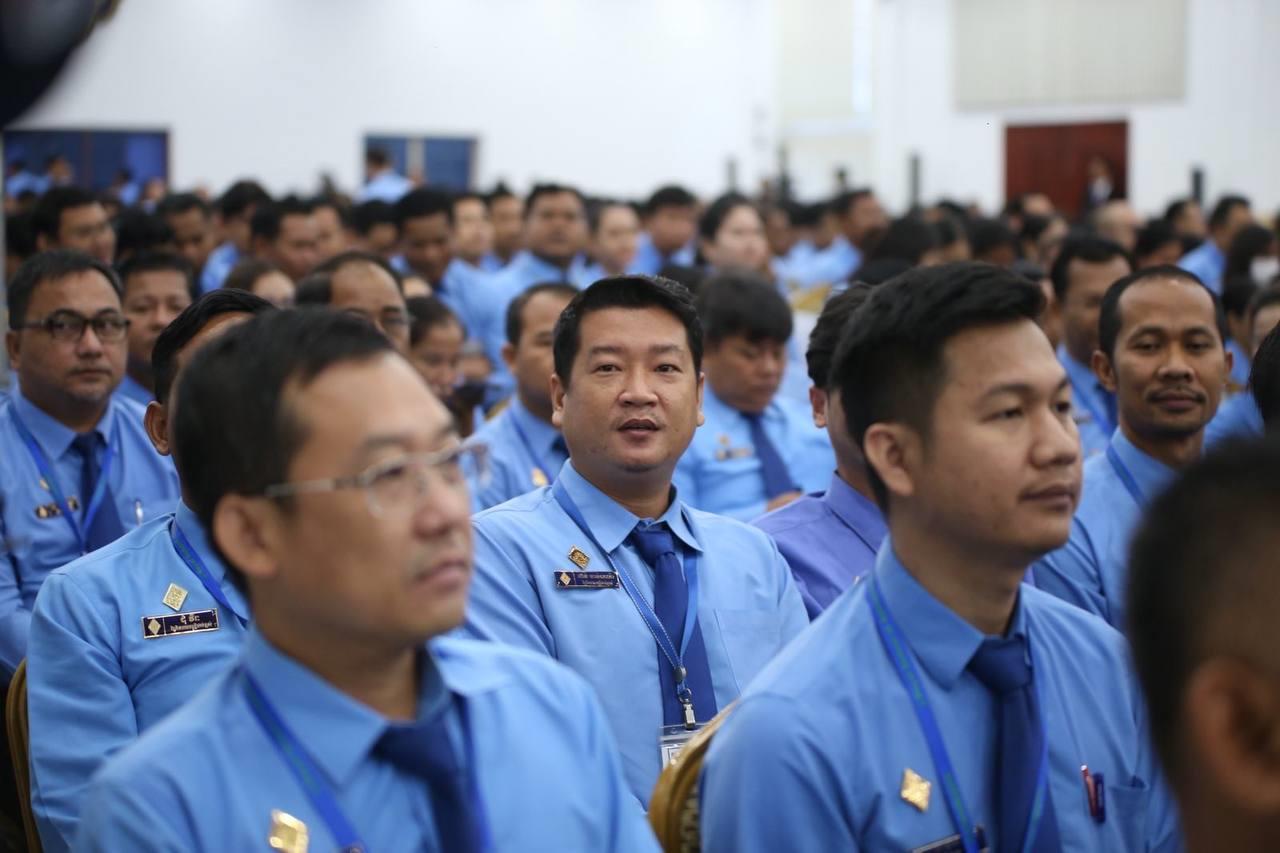Phnom Penh (FN), Jun. 10 – Cambodian Prime Minister Hun Manet shared seven recommendations for the Royal School of Administration in order to contribute more actively and effectively to the building and development of human resources in the public sector, and to implement the policies and reform programs of the Royal Government.
The premier spoke on Monday morning (Jun. 10) at the closing of 2023 and opening of 2024 training courses of the Royal School of Administration in Phnom Penh.
Samdech Thipadei encouraged further focus on the development of human resources in the public sector. The Ministry of Civil Service, along with other ministries, institutions, and sub-national administrations, shall collaborate and work based on the approach of the "Dynamics of Stakeholder System." This involves fulfilling functions and duties through collaboration and coordination in an active, synergistic, and complementary manner.
The seven recommendations are as follows:
1. All ministries, institutions, and sub-national administrations must regularly promote the capacity development of officials at both management and technical levels through training and knowledge-sharing programs. This is to strengthen organisational leadership more effectively, enhance management and operational systems, foster a culture of good service delivery, promote professional ethics, and change the attitude of leaders and civil servants in providing public services with a high sense of responsibility, professional conscience, and good public service culture. Additionally, all ministries, institutions, and sub-national administrations must provide opportunities and encourage leaders and professional officers to participate in training and knowledge-sharing programs for students, officials, and trainees of the Royal School of Administration.
2. All ministries, institutions, and sub-national administrations must pay greater attention to the capacity development of officials in each position, serving as a foundation for human resource development to perform functions and duties in public administration within their authority along with supporting the process of building public administration based on accountability and clear responsibility, following the rationales of result-based management, which is designed and implemented gradually.
3. The Ministry of Civil Service must consider developing a strategic plan for enhancing the capacity of officials in public administration, to be used as a roadmap for guiding all ministries, institutions, and sub-national administrations. The process shall start with reviewing the current situation of capacity building for public officials, systematically developing civil service capacity based on quality training principles and cost-effectiveness, designing a quality curriculum to meet practical needs, and linking training with work efficiency and career development for officials. Furthermore, it should involve qualifying trainers and strengthening cooperation between training institutions.
4. The Royal School of Administration must continue to reform its leadership, management, and operations to be more efficient and enhance the capacity and quality of its training programs. This includes conducting research and modernizing training programs in line with the development of the public sector. A key aspect of this effort is the review and updating of its five-year strategic plan to develop capacity that meets the needs of socioeconomic development and regional and global developments.
5. The Royal School of Administration shall continue to organize programs and forums to facilitate knowledge sharing and experience. This involves promoting innovation, best practices, and model of leadership in public administration.
6. The Royal School of Administration must continue to enhance its training capabilities through the use of information technology, including the development of digital training platforms to support and expand training opportunities for capacity-building officers.
7. The Royal School of Administration must continue to improve the quality and effectiveness of training by organizing courses based on a clear and realistic assessment of the needs within the units of ministries, institutions, and sub-national administrations. Additionally, the impacts of training on unit performance must be regularly examined and evaluated.
=FRESH NEWS
